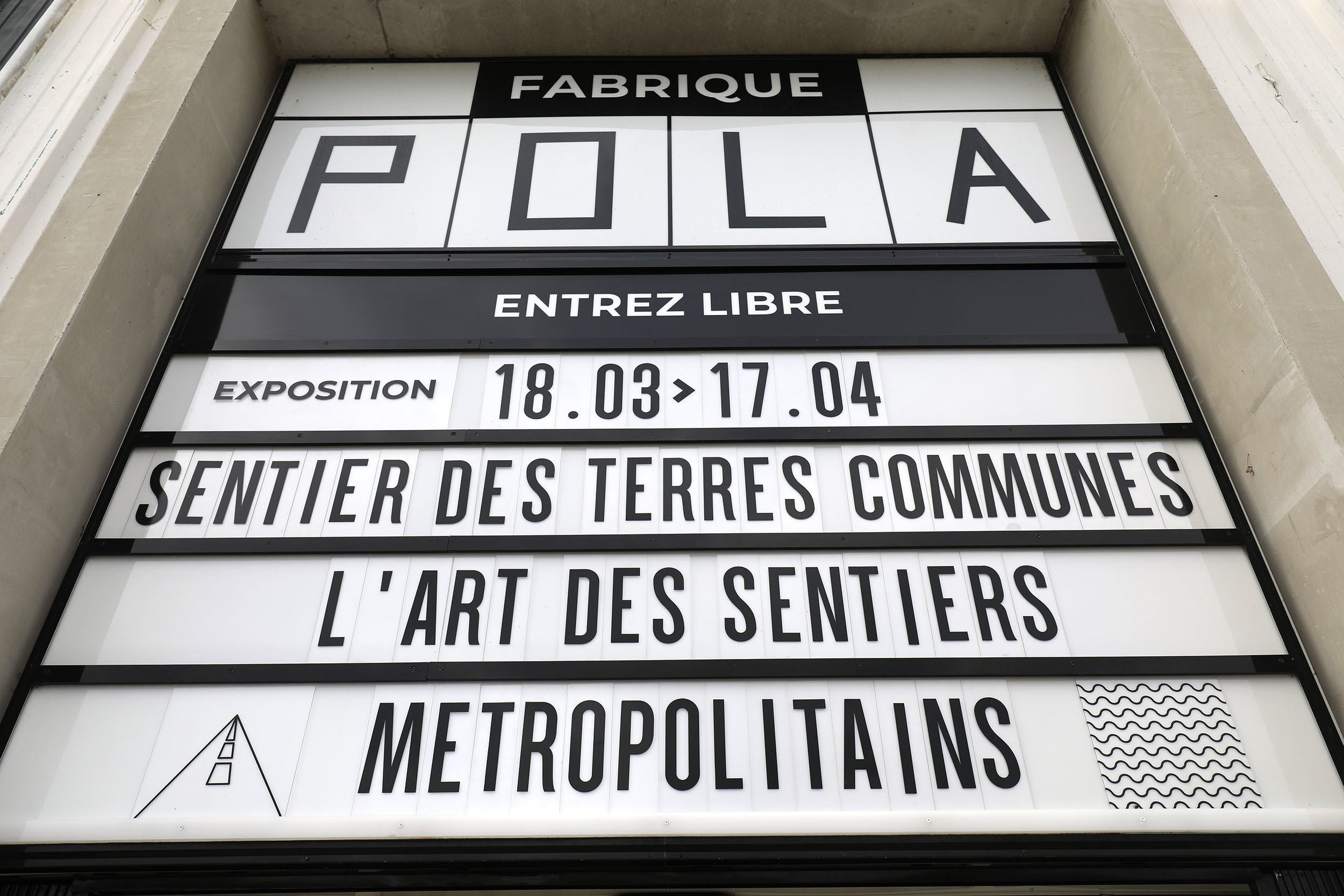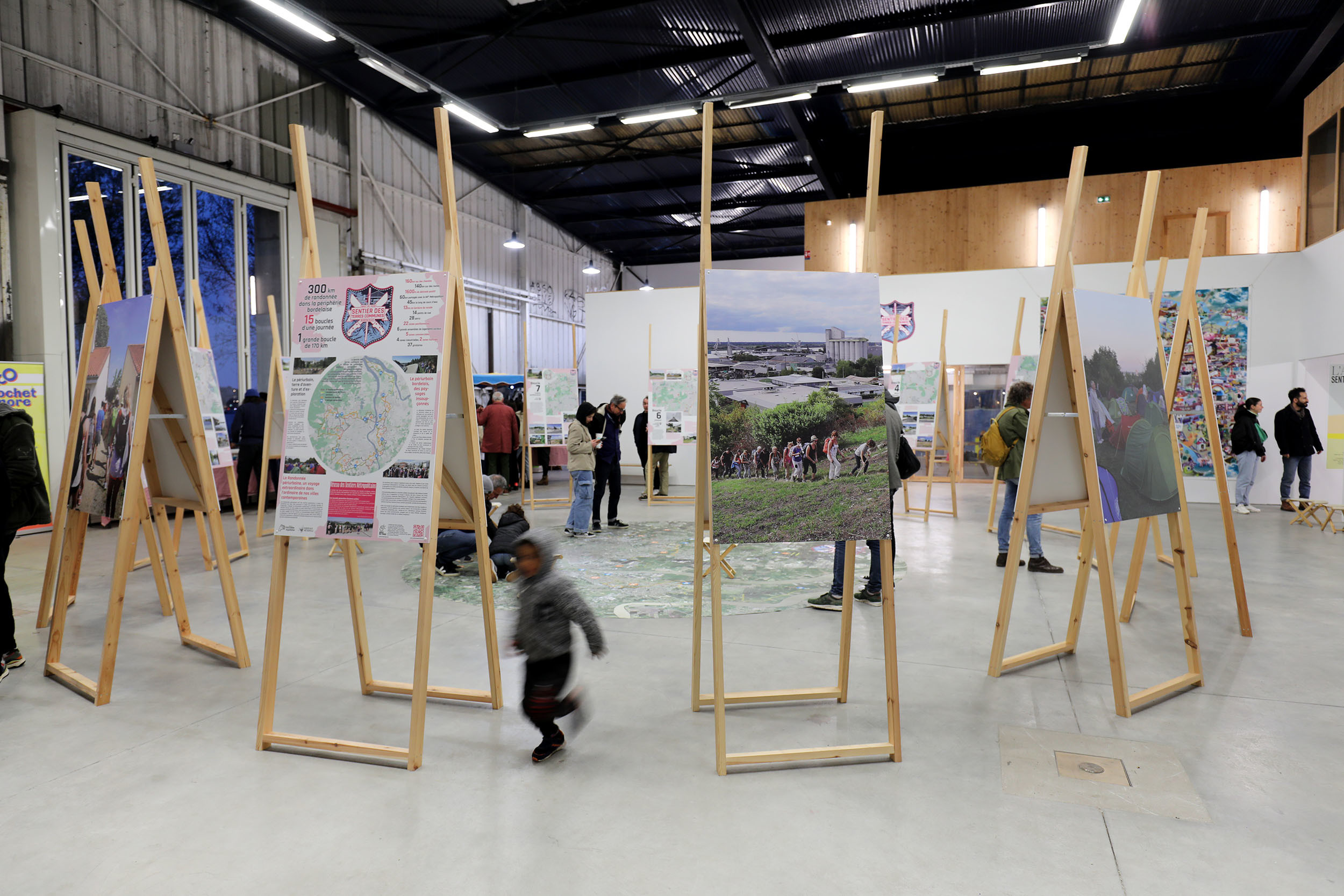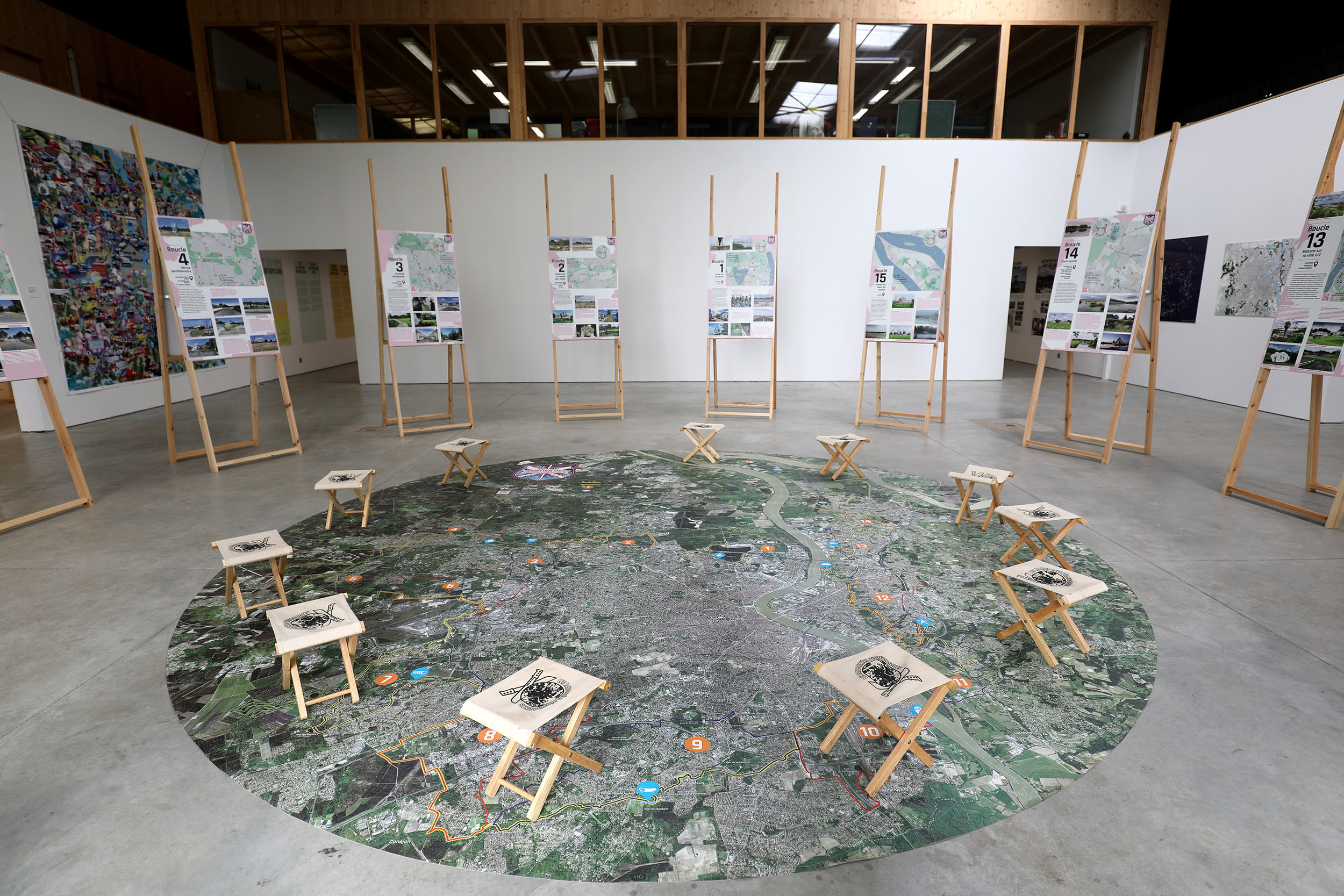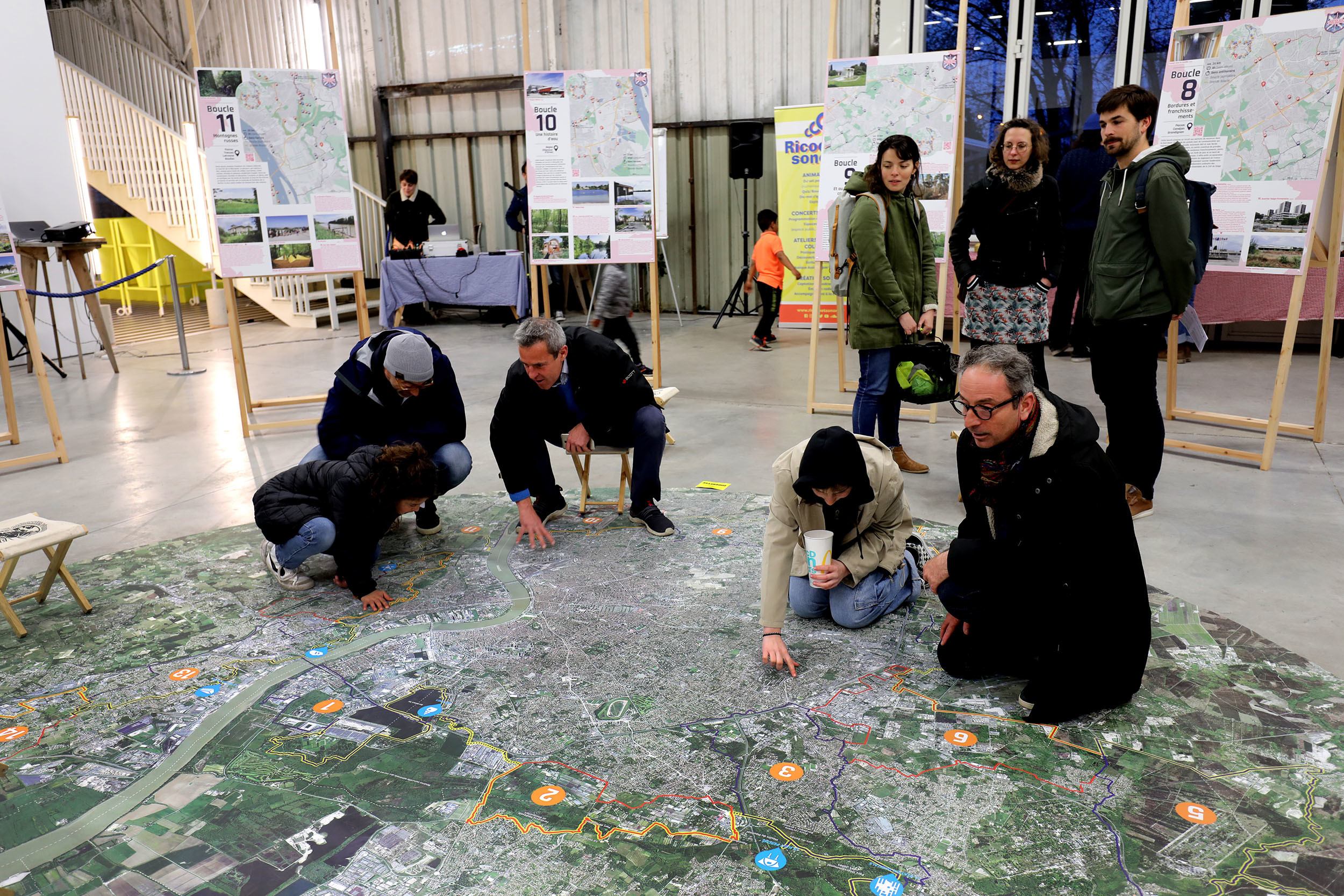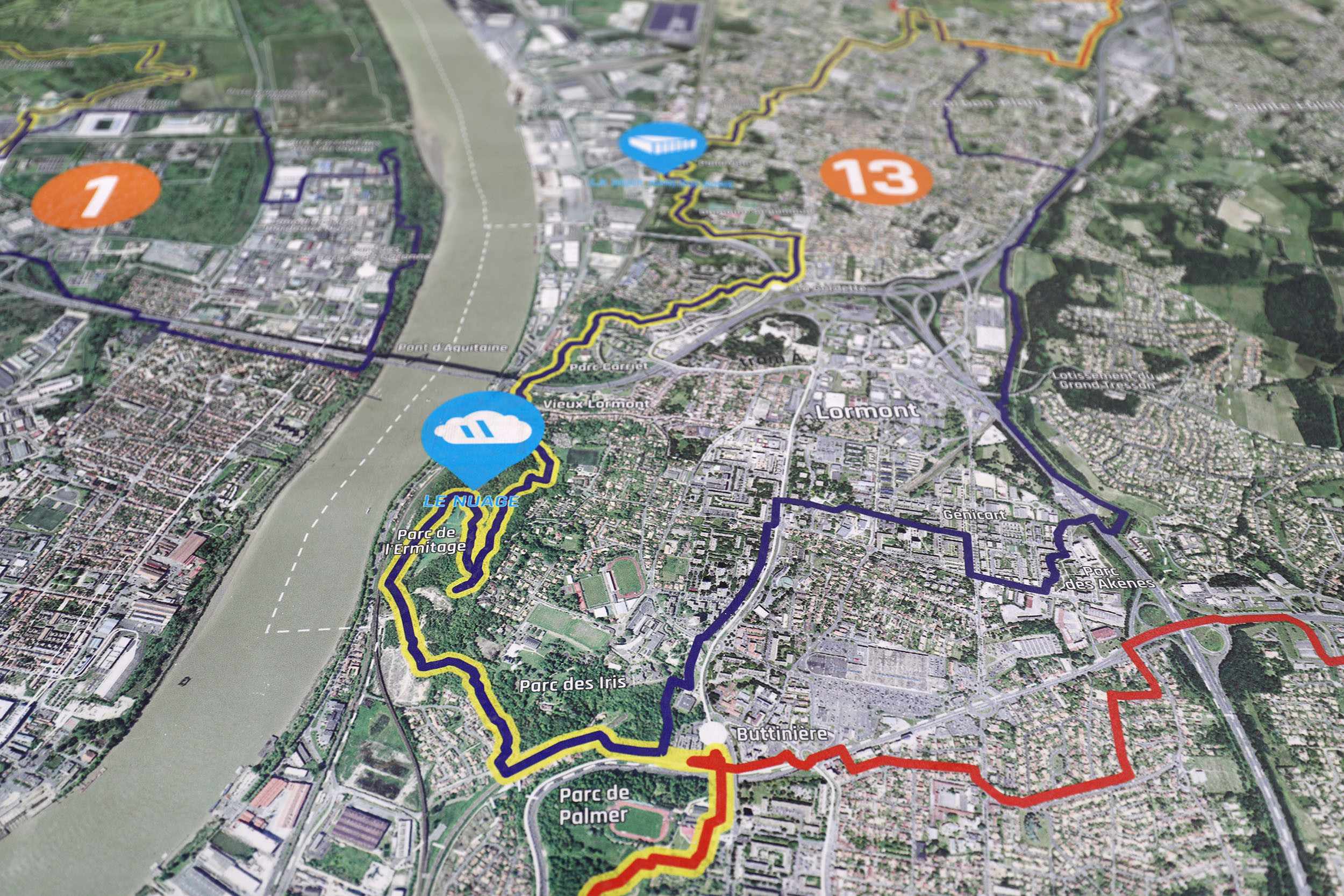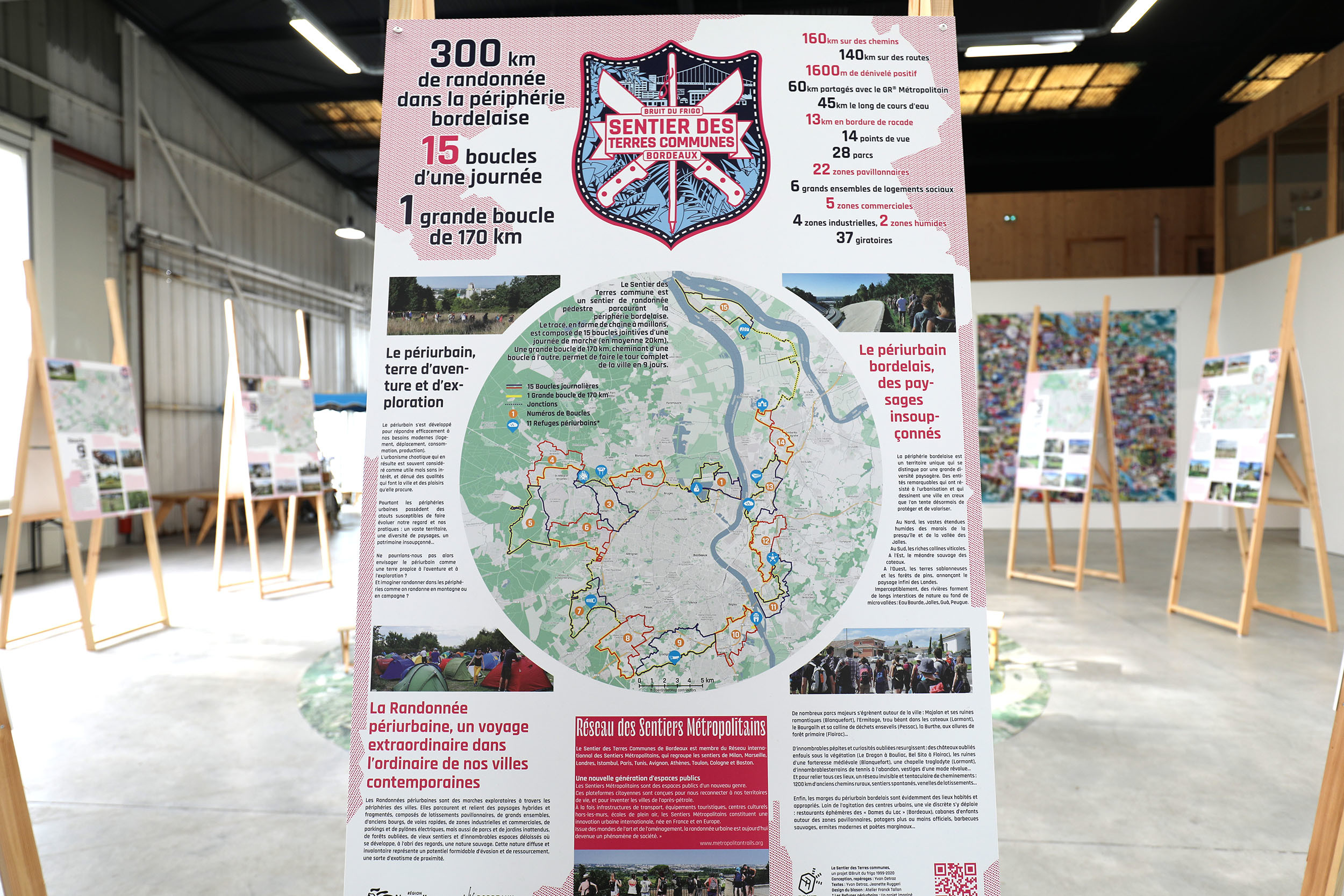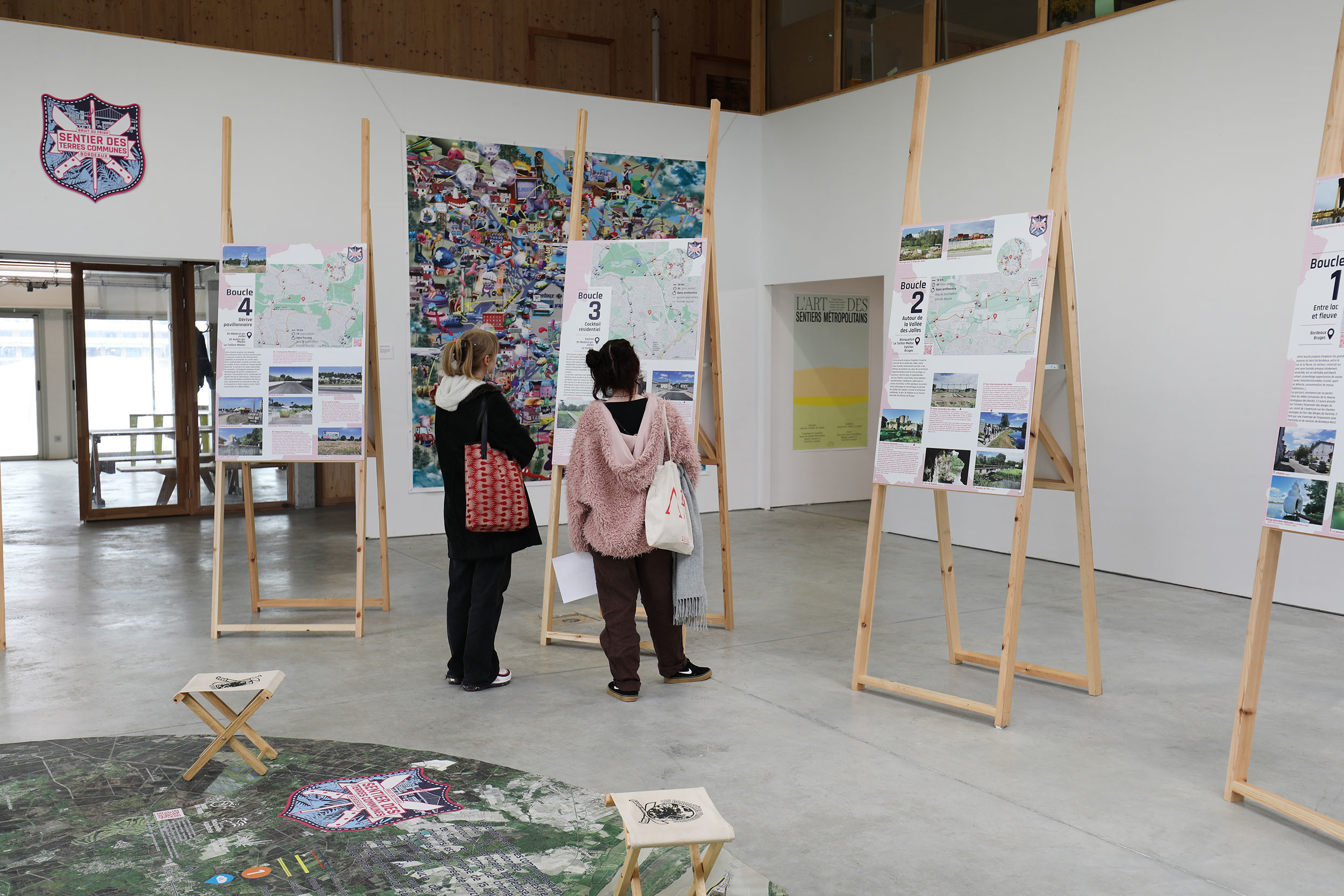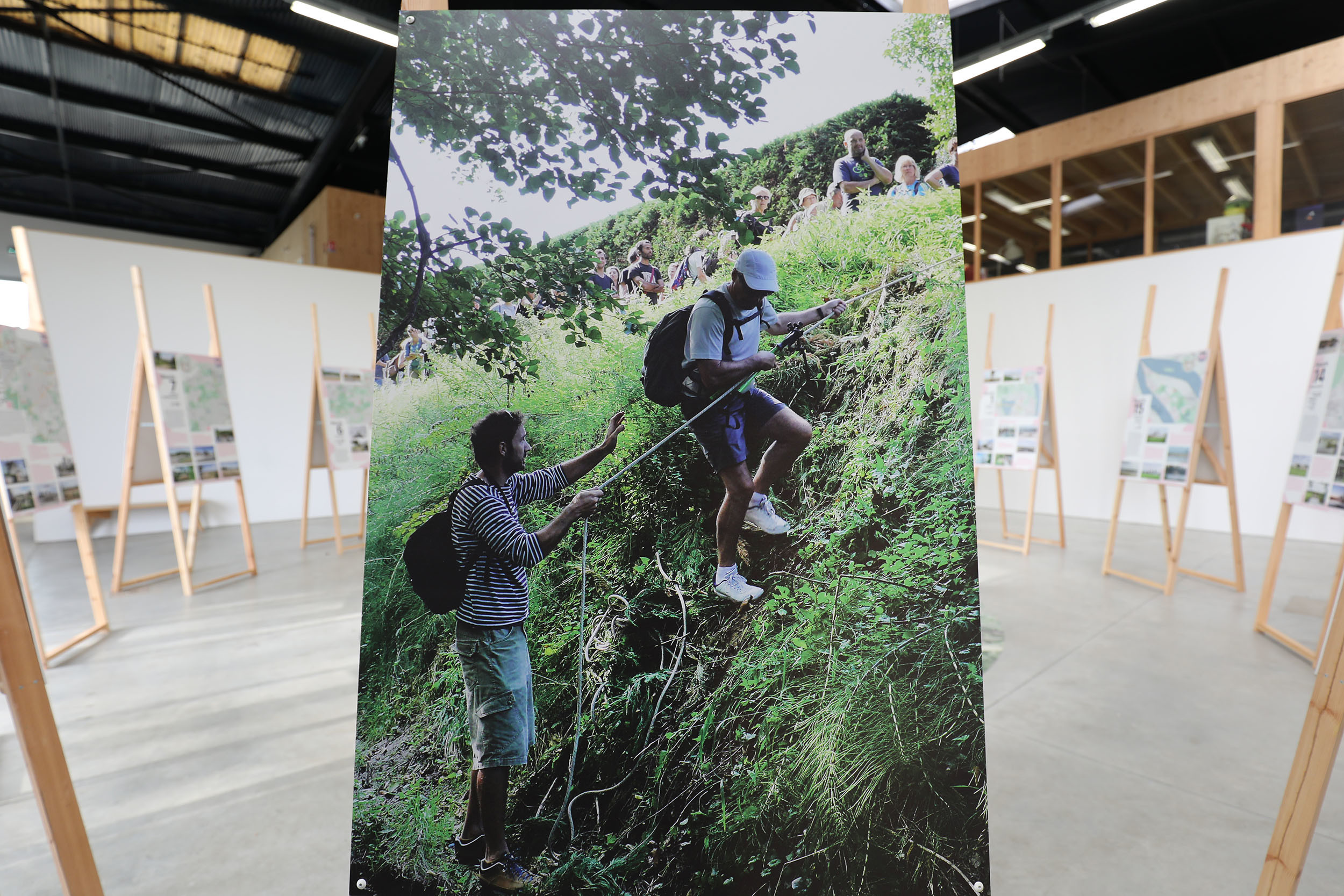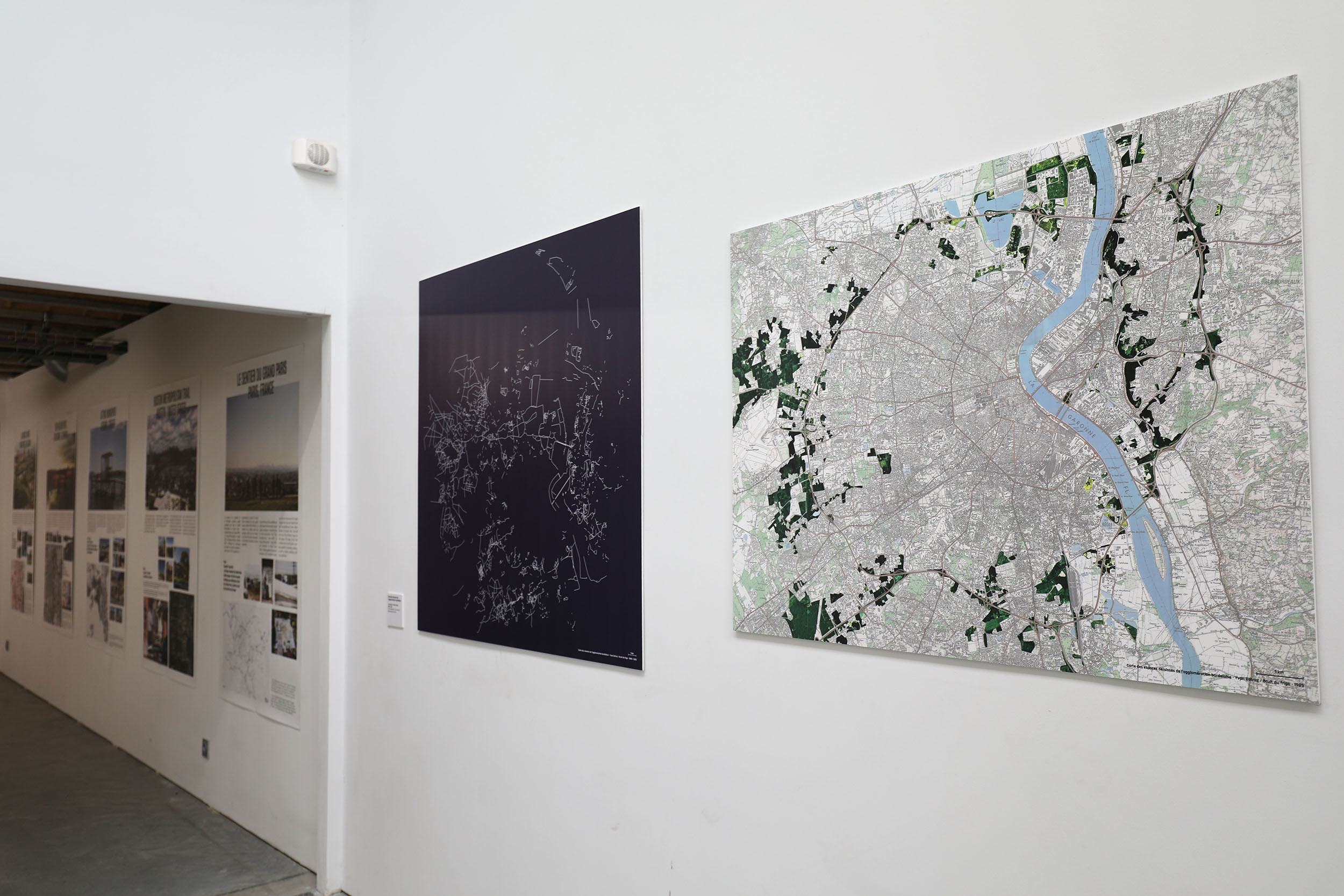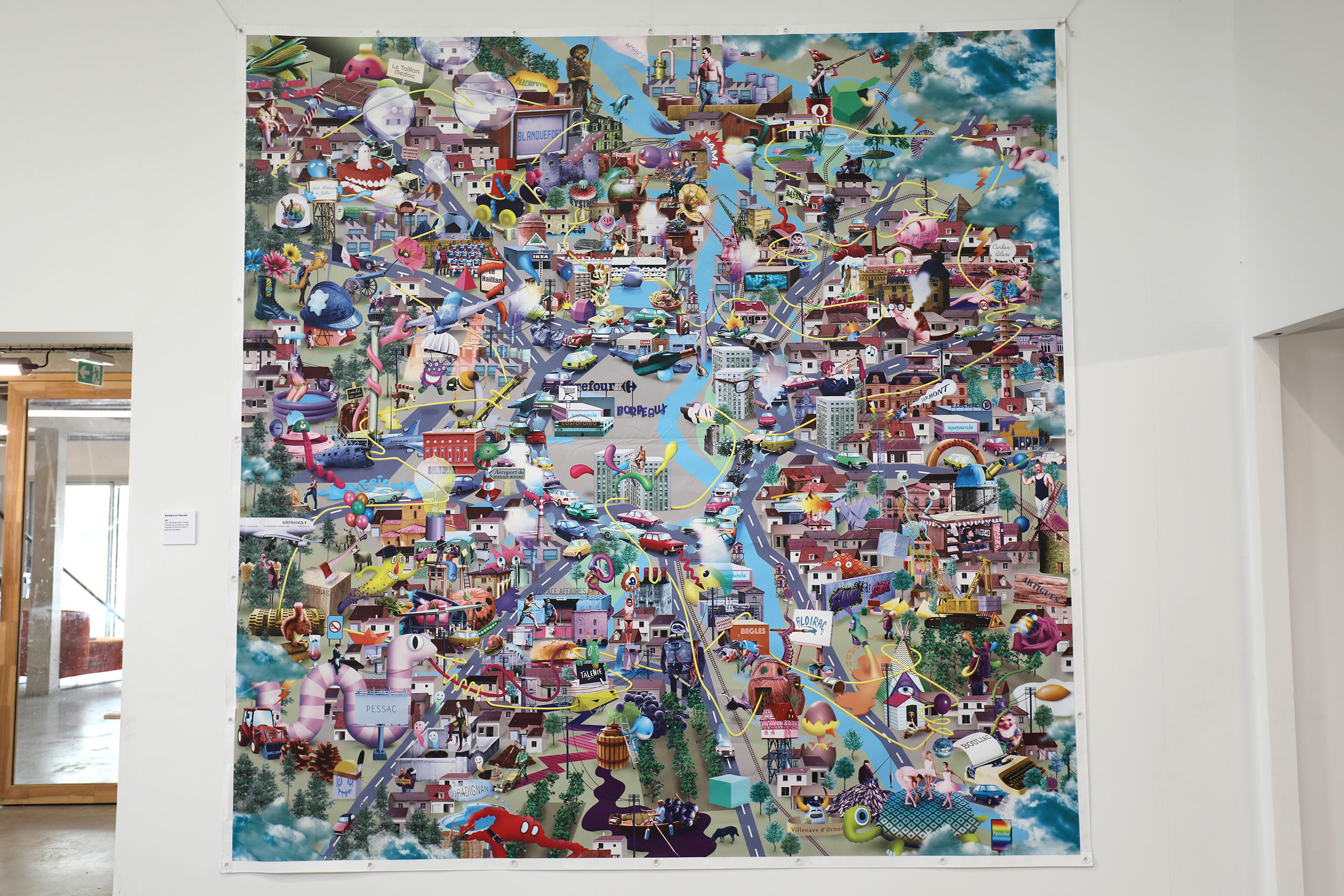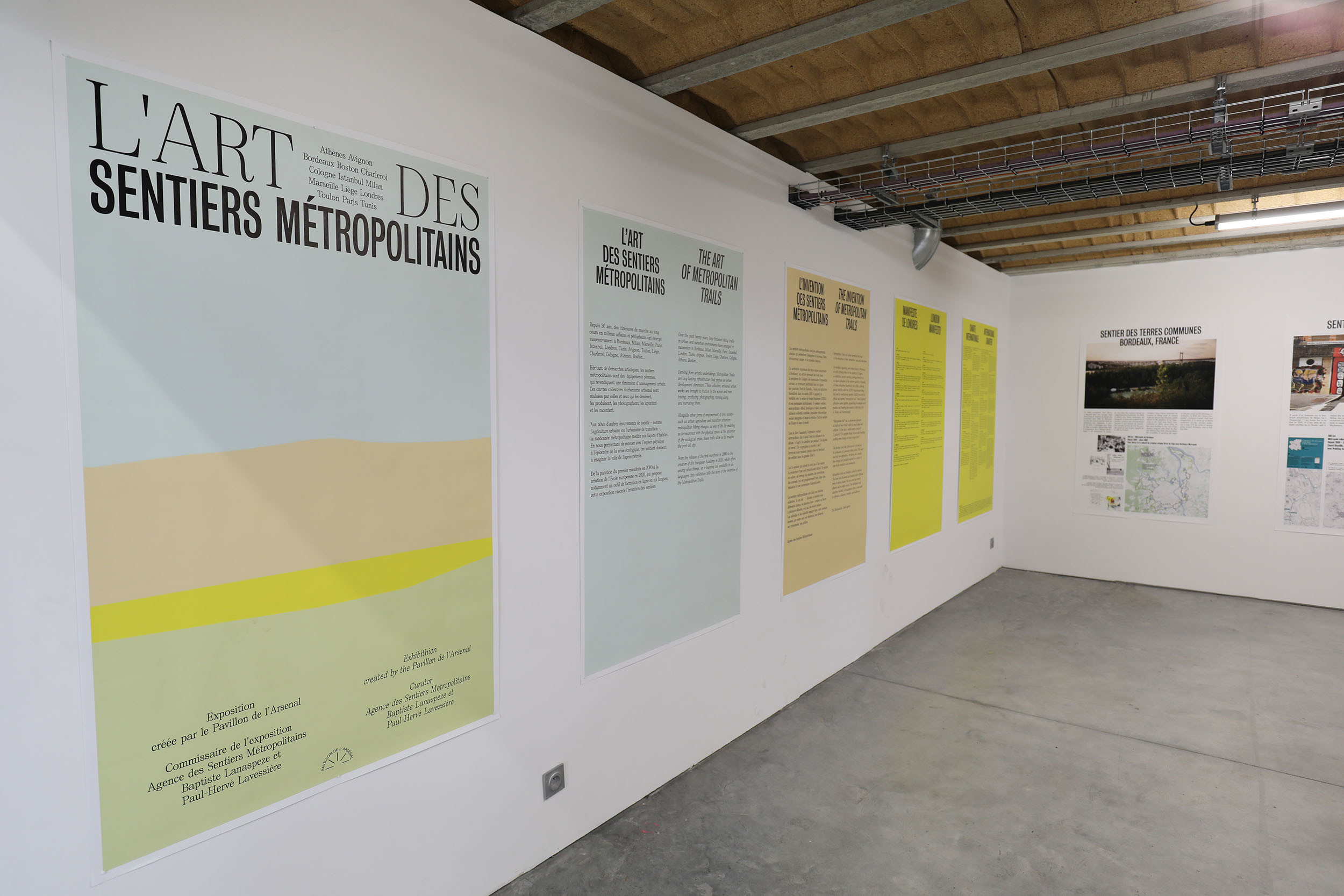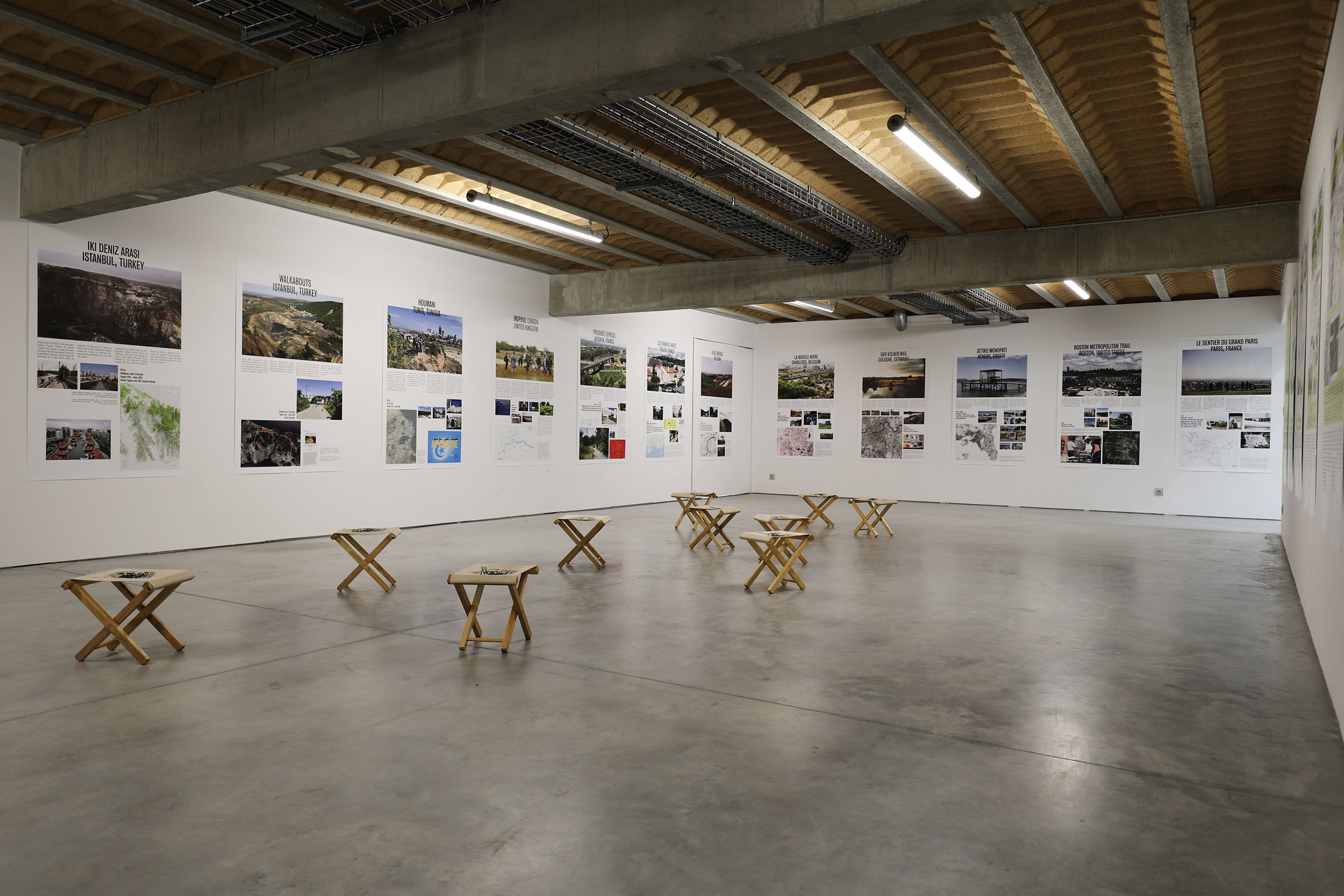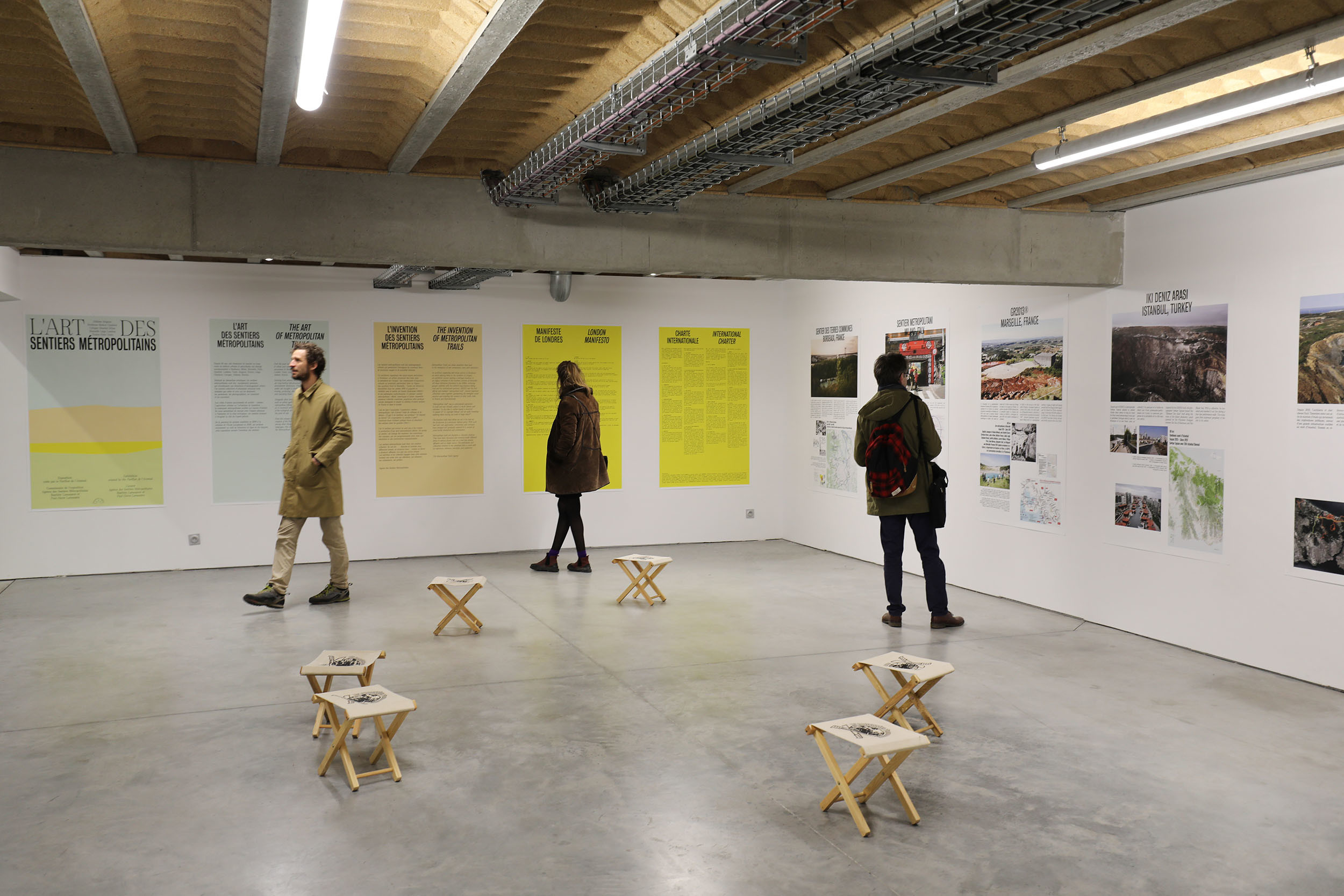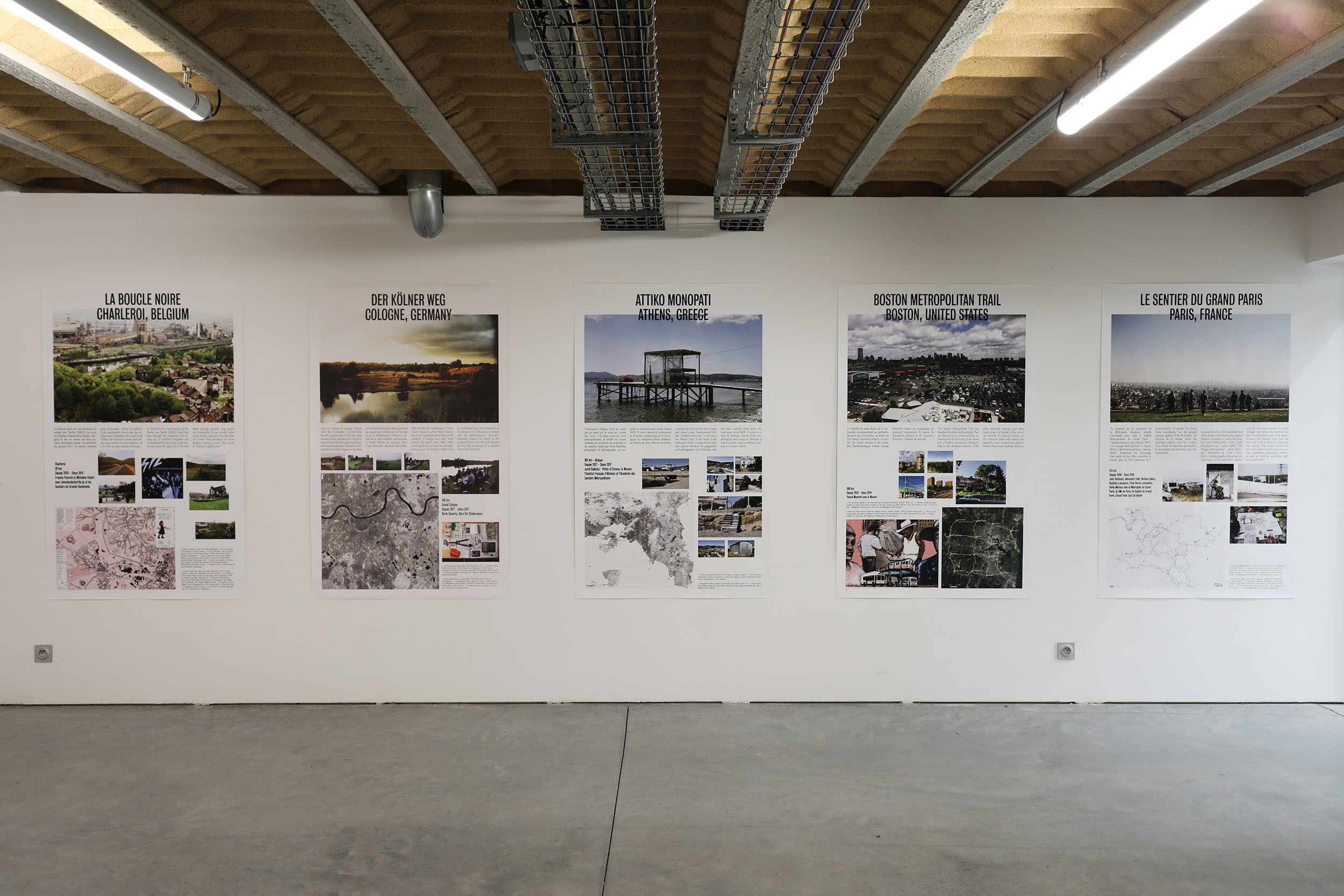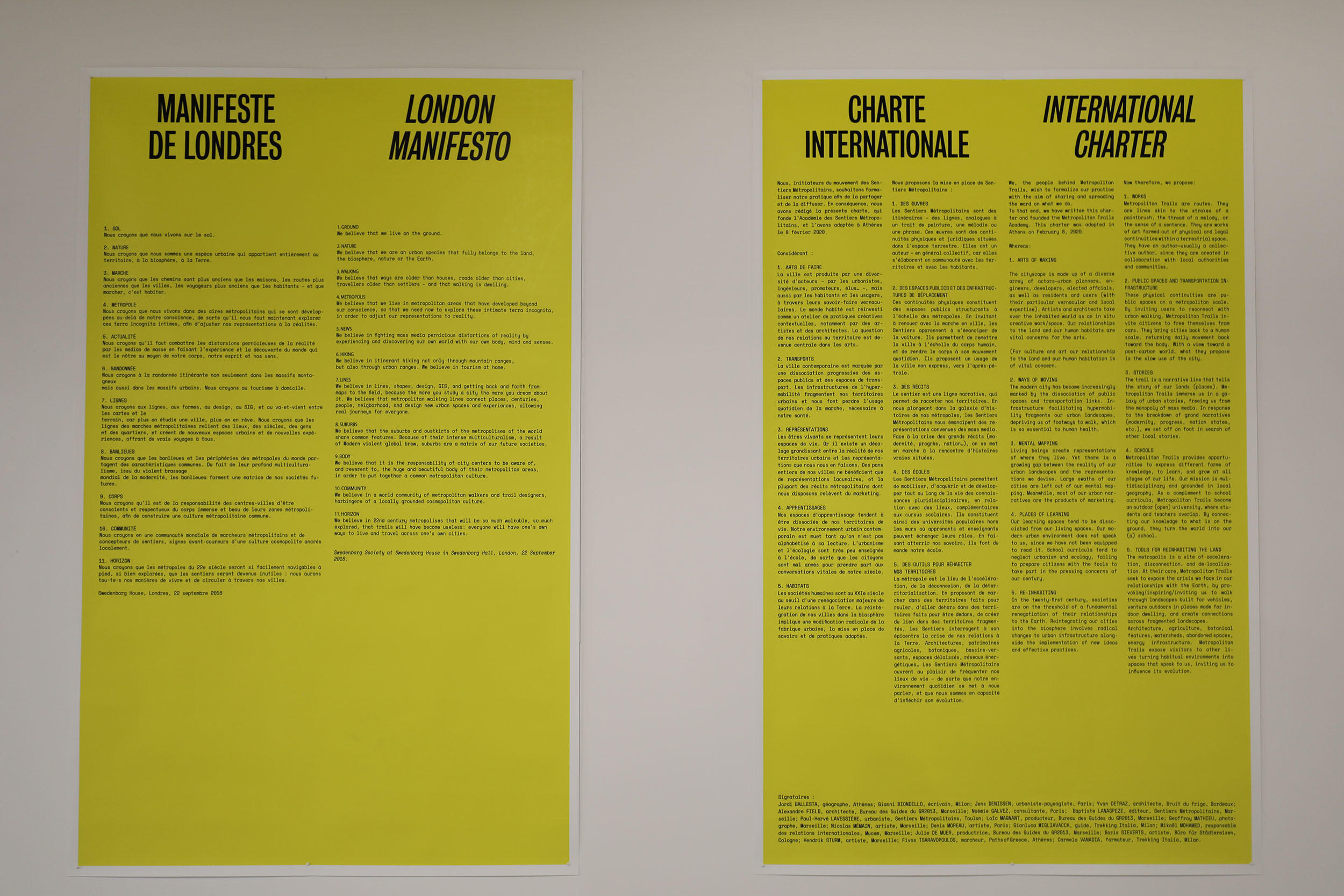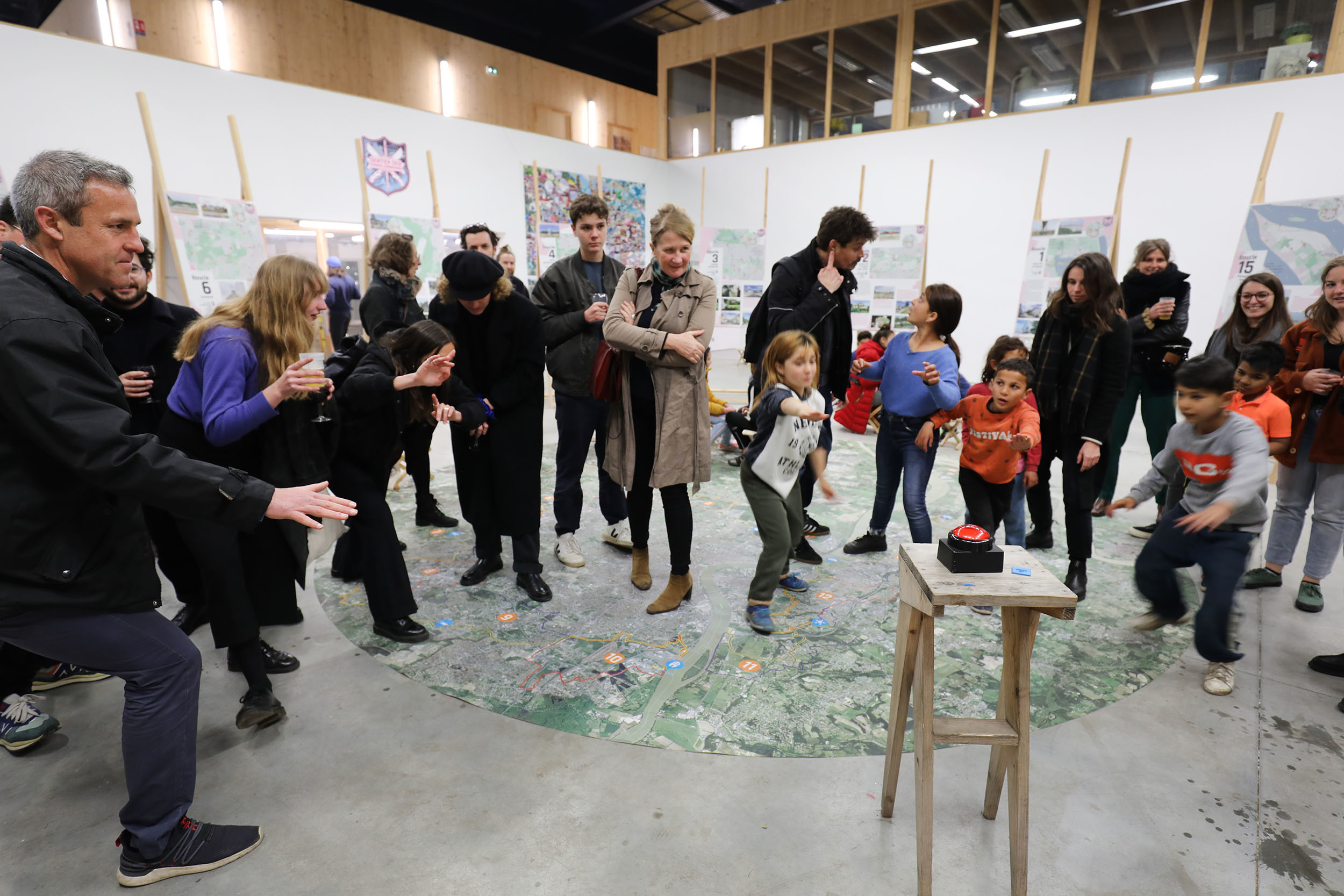
18 mars -17 avril 2022
Common lands trail & Art of metropolitan trails
Cross-exhibitions
Fabrique POLA
Bordeaux
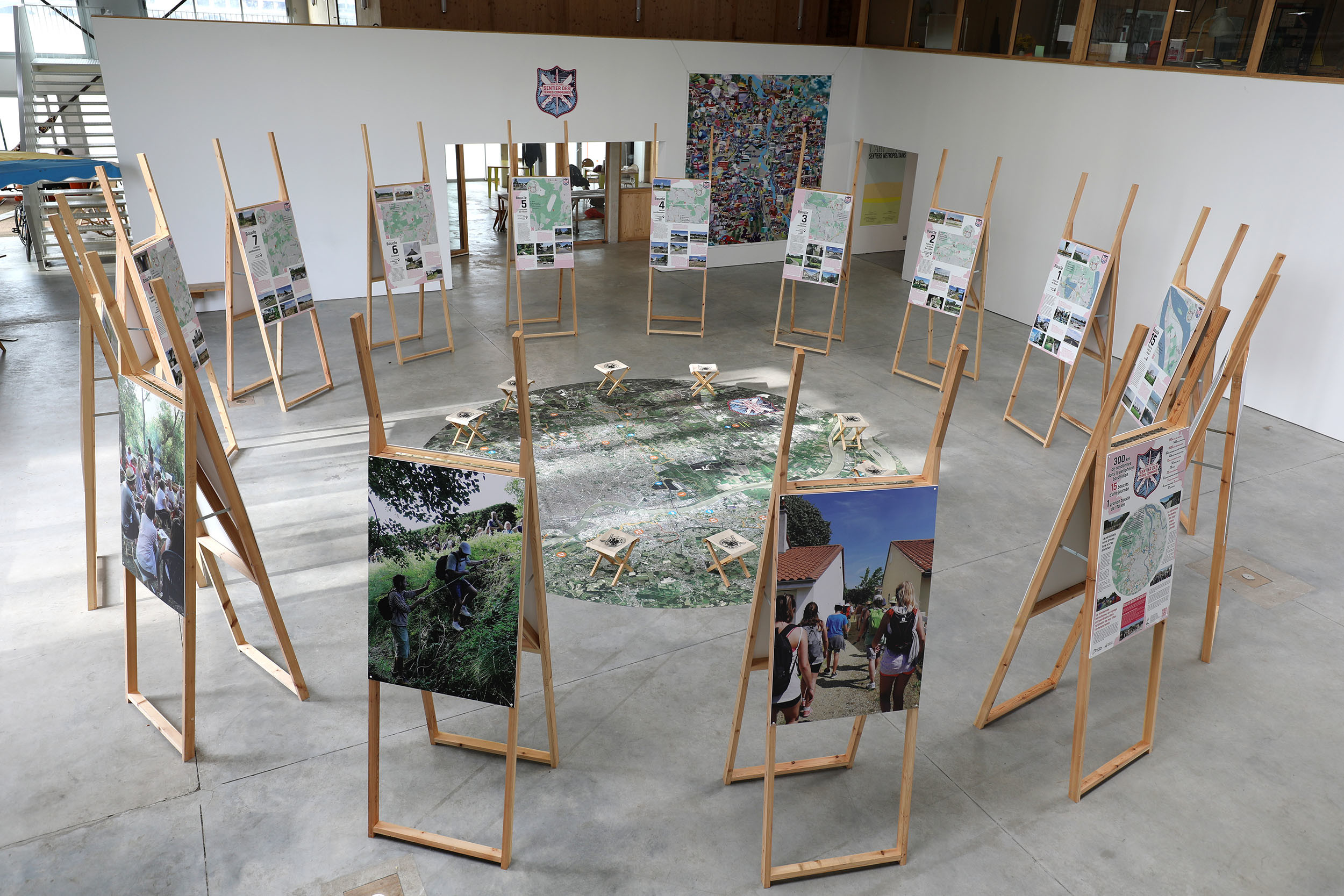
Cross-exhibitions
From 18 March to 17 April 2022
Wednesday to Sunday from 3pm to 7pm – Free
Opening on Thursday 17 March at 7pm with a suburban quiz and participative DJ set by Ricochet Sonore
Common lands trail of grand Bordeaux
300 km of hiking in the outskirts of Bordeaux
15 one-day loops / 1 long loop of 170 km
After the pioneering adventure of the Picnics and Suburban Walks initiated at the end of the 90′, after the unique saga of the Suburban Shelters* launched in 2010, Bruit du frigo continues its exploration of the Bordeaux suburbs and unveils the Common Lands Trail*, a new 300km route to discover the unsuspected landscapes of the metropolis.
The route, in the shape of a chain of links, is made up of 15 joined loops of one day’s walking each. A large loop of 170 km, running from one loop to the next, makes it possible to walk around the entire city in 9 days.
Topoguides to download at www.randonneesperiurbaines.fr and at www.bruitdufrigo.com
*The Suburban Refuges, a project conceived by Bruit du frigo, in collaboration with Zébra3, for Bordeaux Métropole
*The Common Lands Trail of Bordeaux is a member of the International network of Metropolitan Trails.
The art of metropolitan trails
Exhibition created by Pavillon de l’Arsenal and Metropolitan trails agency
From Bordeaux to Boston, Istanbul, Milan, Marseille, and beyond, metropolitan trails have generated a new creative space that lies at the crossroads of urban planning, art, tourism, and environmentalism.
Mixing the urban with the cultural, these projects involve many aspects, ranging from the initial, collective attempts to develop them (scouting, city walks, and metropolitan hiking) to documenting them (through art projects, books, articles, travel journals, audiobooks, documentary films, and exhibitions), ultimately resulting in a collective itinerary created in conjunction with local authorities.
The exhibition “The art of metropolitan trails” describes this emerging practice, renders homage to its pioneers, explains how a metropolitan trail is created, and also, for the first time ever, unveils the outline of the Grand Paris Trail.
Bruit du frigo is pleased to host this exhibition created by the Pavillon de l’Arsenal, under the leadership of the co-founders of the Agence des sentiers métropolitains : Baptiste Lanaspèze, founder of Wildproject and initiator of GR2013 and Paul-Hervé Lavessière, urban planner and author.
Bruit du frigo presents the Common lands trail, an original 300km route to discover the unsuspected landscapes of the Bordeaux metropolis.

Suburban Walks
An extraordinary journey
into the ordinariness of our contemporary cities
A dive into the urban interstices
The Suburban Walks are exploratory walks through the outskirts of the cities. They cross and connect hybrid and fragmented landscapes, composed of housing estates, social housing complexes, old towns, expressways, industrial and commercial areas, car parks and electricity pylons, but also unexpected parks and gardens, forgotten forests, old paths and especially uncountable abandoned spaces where wild nature develops, out of sight. This diffuse and involuntary nature represents a tremendous potential for escape and resourcing, a kind of exoticism of proximity.
The suburbs, a land of adventure and exploration
The suburban area has developed to respond effectively to our modern needs for housing, travel, consumption and production.
The resulting chaotic urbanism is often considered useful but uninteresting, and above all devoid of the qualities that make up the city and the pleasures it provides.
However, the urban outskirts have richness to reveal, resources that could change our viewpoint and practices, and build a sense of suburbanity : a huge territory, a great diversity of landscapes, an unsuspected architectural heritage…
Could we not, from this point of view, consider the suburban area as a land of adventure and exploration, like the great natural spaces ? And imagine hiking in the outskirts as we do in the mountains or in the countryside ?
The suburbs offer a new hiking experience. The hybrid and eclectic nature of the territories crossed, where places, atmospheres and sounds follow one another like a continuous zapping, constantly stimulates our senses and gives the walk a new dynamic.
The origin of the project
In 1999, Yvan Detraz, then an architecture student and co-founder of Bruit du frigo, led a 3-month, 1000 km walking expedition through the Bordeaux suburbs to map neglected spaces and paths. Before Google map and with the help of a simple geographical map, this mission sought to reveal the potential for escape from the Bordeaux suburbs and to develop a walking culture. (see “Zone sweet zone”).
It is from this founding experience that the concepts of the Suburban Walk and the Suburban Refuge were born.
If in 1999, nobody imagined hiking in the middle of the housing estates or along the ring road, today more and more curious people want to discover their city differently by venturing off the beaten track.
The collective suburban walks that we organise around Bordeaux bring together a large and eclectic public : families, students, walking clubs, seniors… The Suburban Shelters, which offer a unique immersive experience, are also very successful.
It is to respond to this search for exoticism of proximity and to share our knowledge of the territory and its hidden treasures that we have created the Common Land Trail.
The Metropolitan Trails Network
The Common Lands Trail of Bordeaux is a member of the Metropolitan Trails Network, created in 2017 in Marseille, on the occasion of the exhibition about the Metropolitan Trails organized at the Mucem Museum (as part of the permanent exhibition “Connectivities”).
This national network (Paris, Marseille, Bordeaux, Avignon) was created as a continuation of the international Metropolitan Trails network (Milan, London, Cologne, Istanbul, New York…) initiated and piloted by Baptiste Lanaspeze (editor – Editions Wildproject) and Paul-Hervé Lavessière (Geographer).
The first National Assises of the Metropolitan Trails were organised on 8 November 2018 at the Mucem in Marseille.
” The Metropolitan Trails are public spaces of a new kind. Transport infrastructures, tourist facilities, off-wall cultural centres, citizen platforms, training areas… they allow us to rediscover our living spaces and to foster the emergence of a common culture.
Urban hiking is a social phenomenon, a deep-rooted movement. Coming from the worlds of art and planning, it now interests a large public.
Metropolitan trails are an international innovation, born in France. »
Extract from the website : National Network of Metropolitan Trails

Exhibition Nouvelles Saisons, arc en rêve centre d'architecture

The Gleaners
French Vexin Regional Nature Park

Common lands trail & Art of metropolitan trails
Cross-exhibitions Bordeaux

Hyderabad Urban Trail
Hyderabad – India

Dérive droite
The Walks of panOramas Floirac, Cenon, Lormont, Carbon-Blanc, Bassens
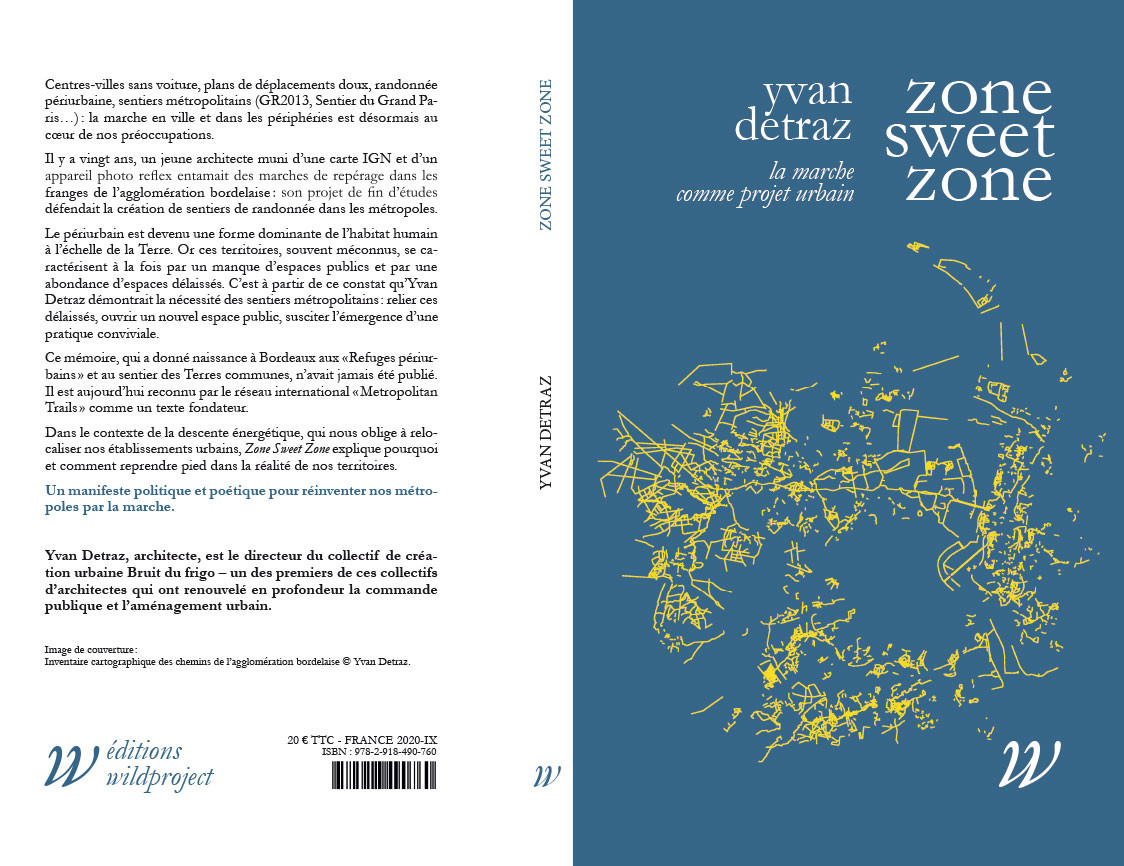
Zone Sweet Zone
Walk as urban project Bordeaux

Moving grouped
Bordeaux, Lormont

Walk around the Shelters #10
Le Haillan > Saint-Médard-en-Jalles
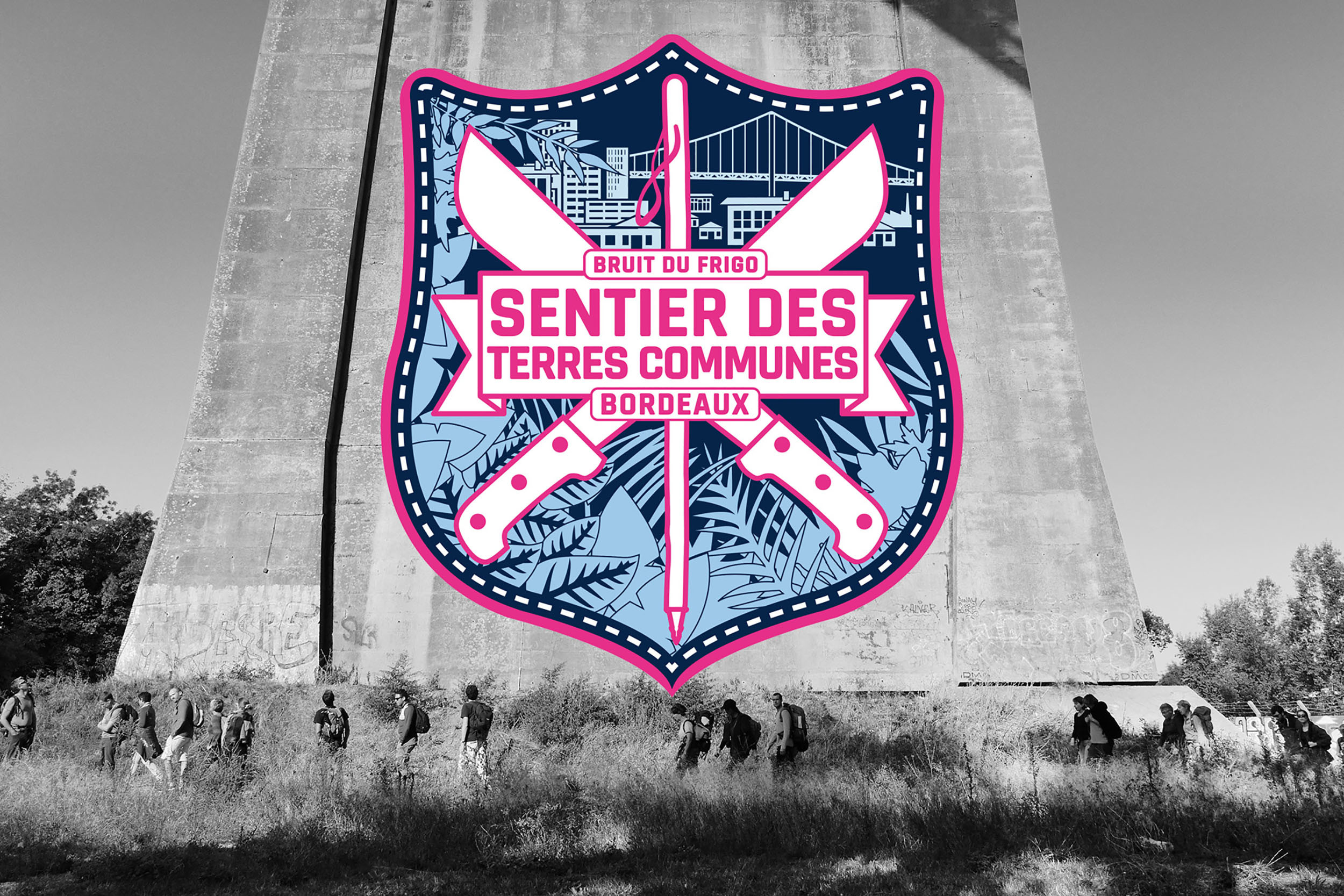
Common Lands Trail
Great Bordeaux
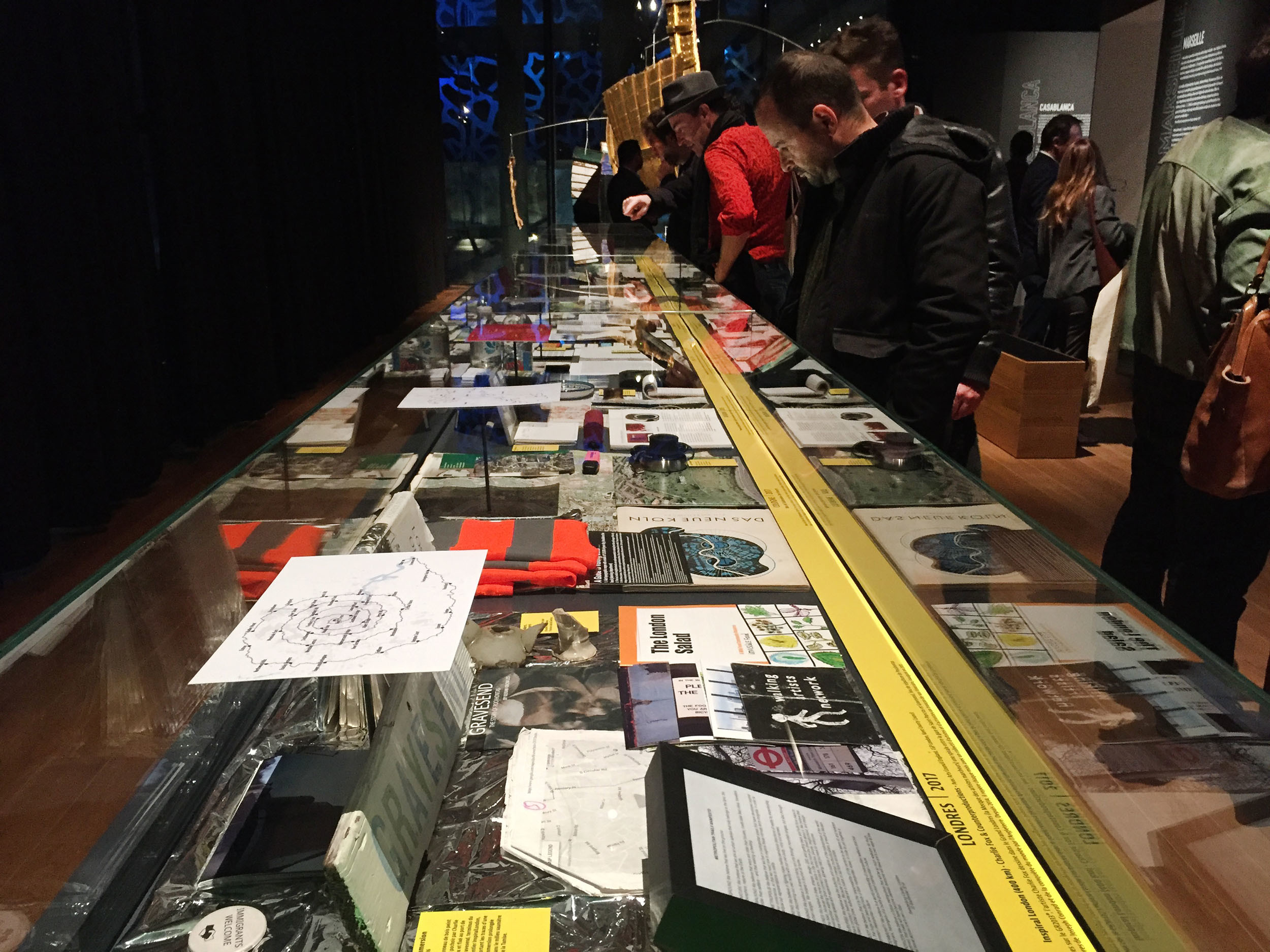
The Common Lands Trail at the Mucem
Marseille
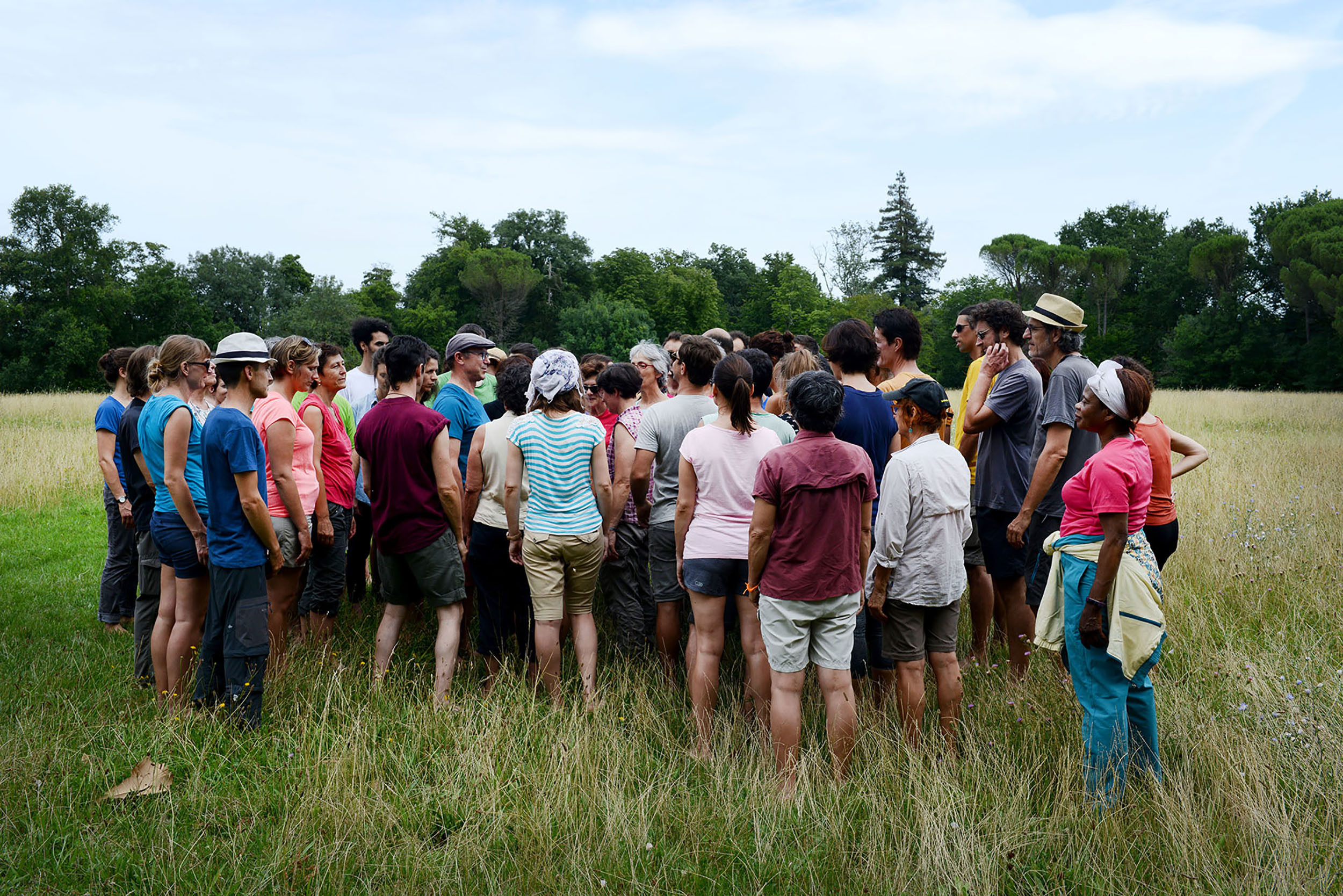
AtTEnTIOn à La mArcHE !
Bordeaux
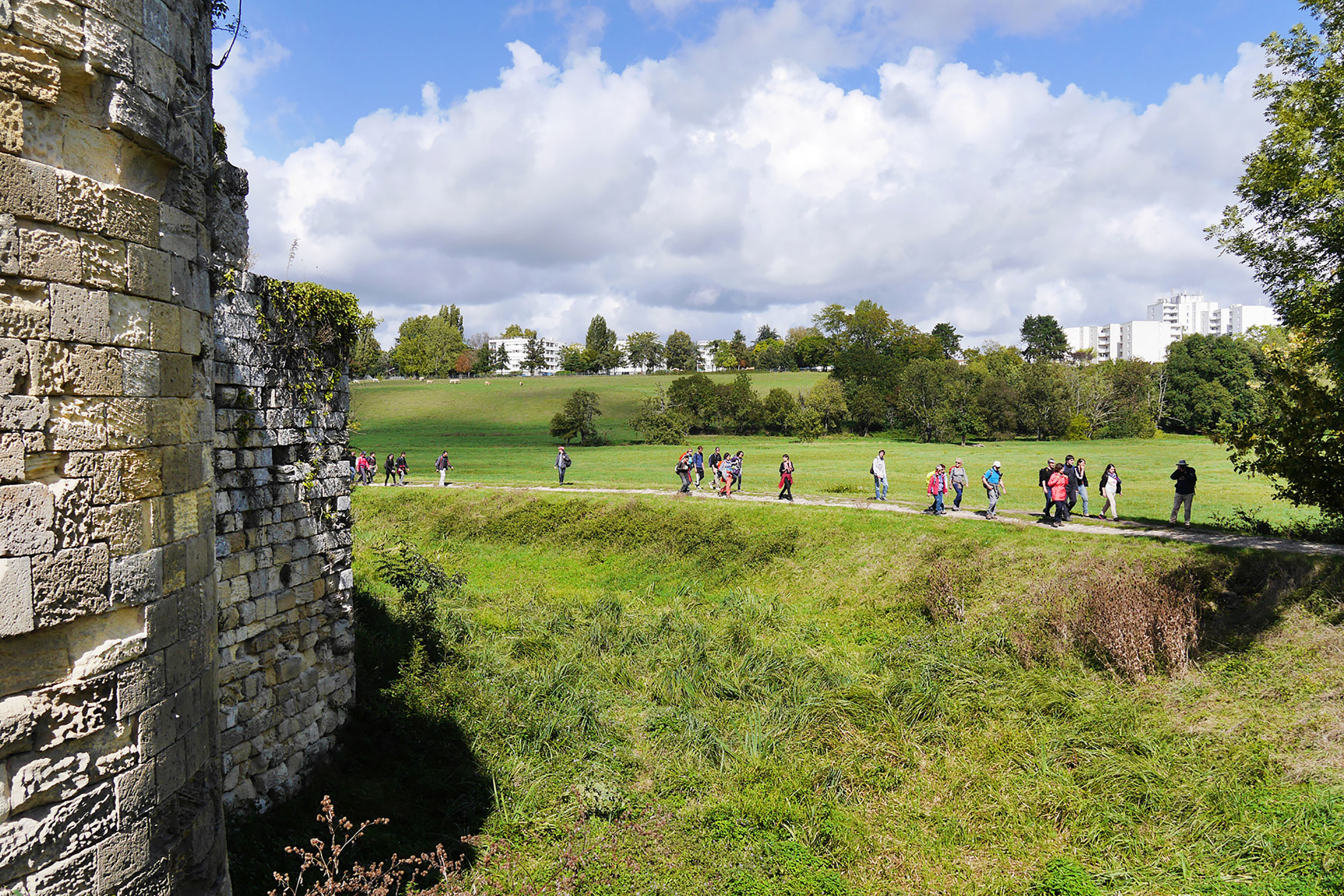
Walk around the Shelters #9
Le Haillan > Bruges
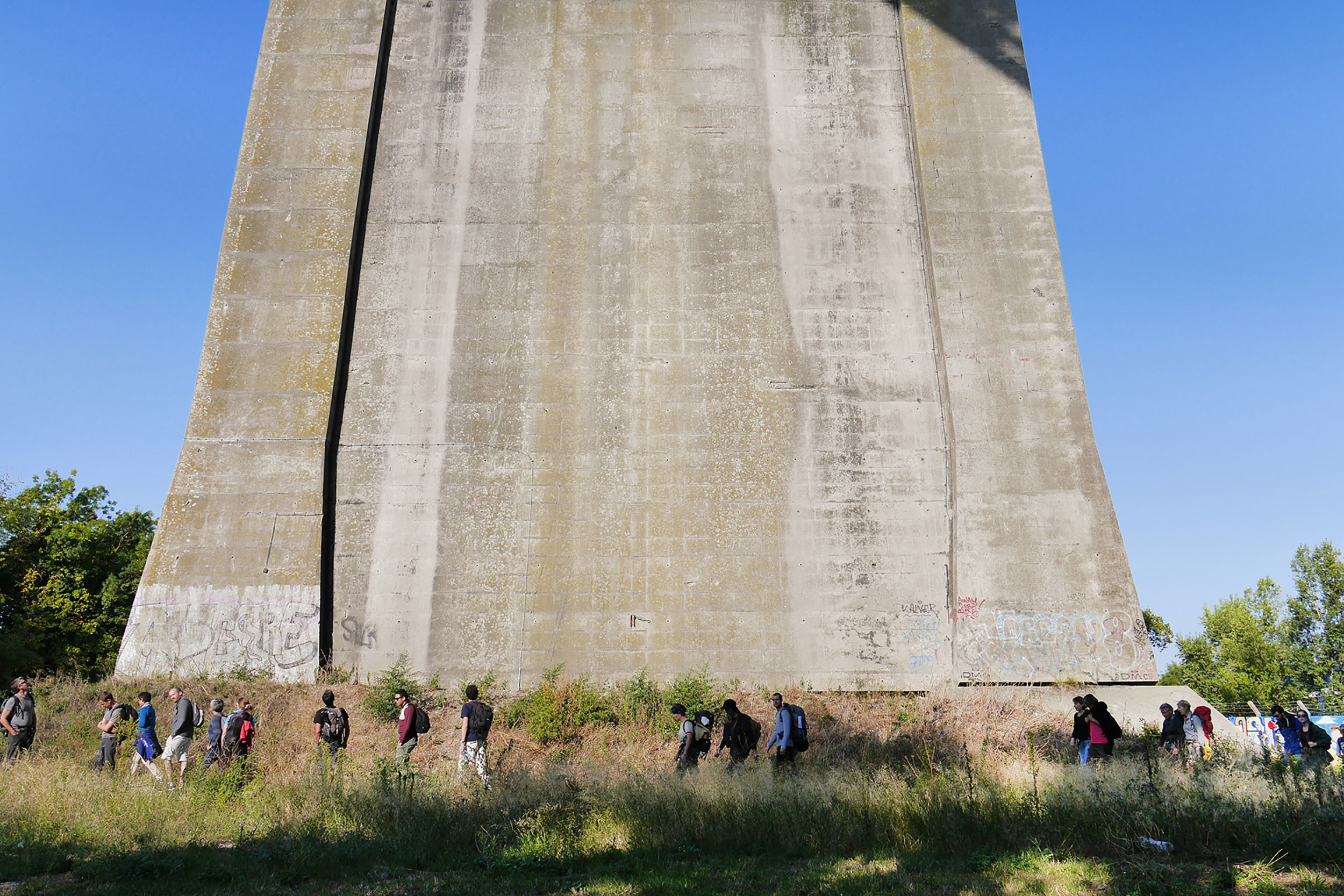
Walk around the Shelters #8
Lormont > Ambares-et-Lagrave

Walk around the Shelters #7
Floirac > Bassens
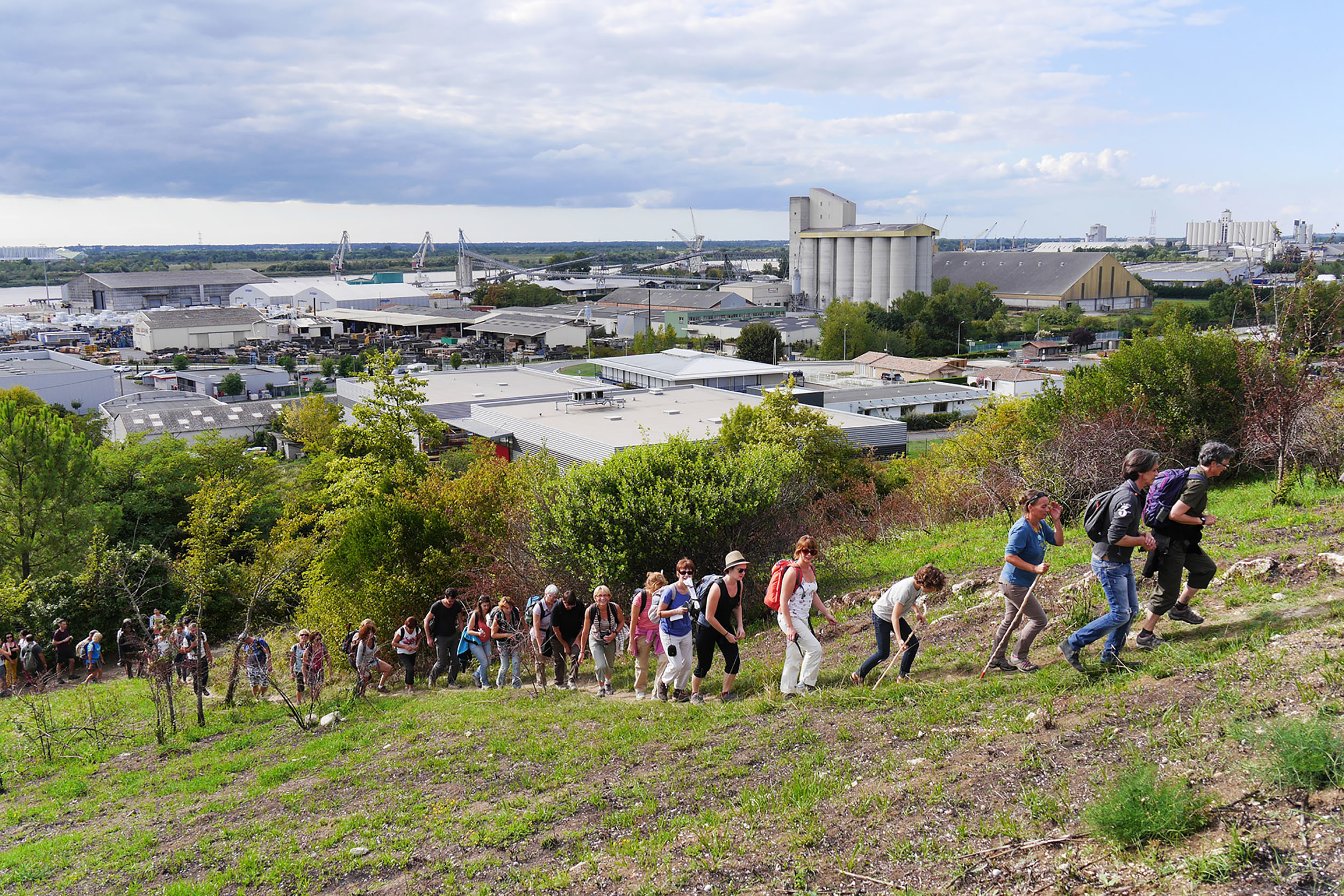
Walk around the Shelters #6
Lormont > Saint-Vincent-de-Paul
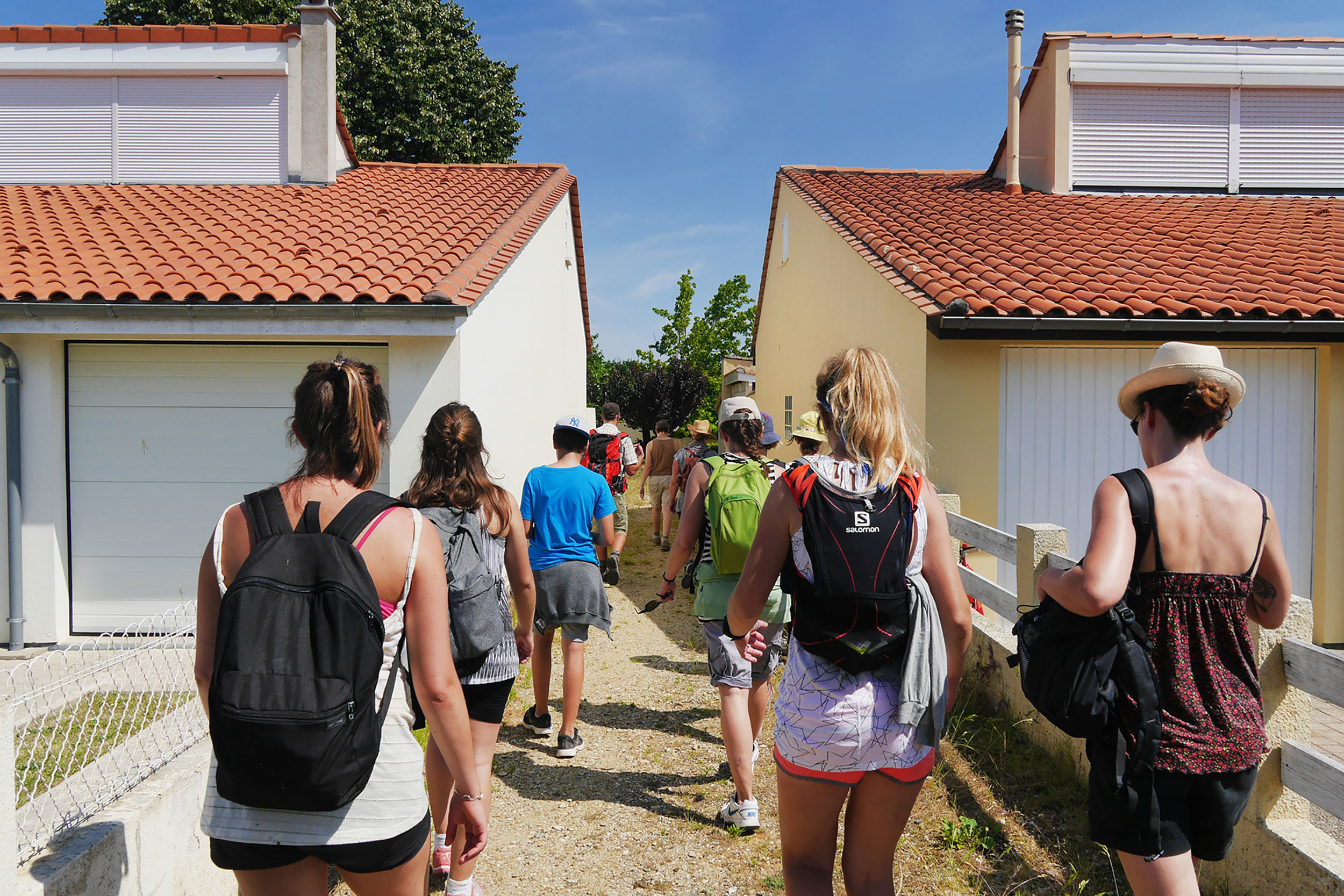
Walk around the Shelters #5
Pessac > Floirac

Tournée générale
Pau

Secret expedition
Lormont

Walk around the Shelters #4
Martignas-sur-Jalle > Bordeaux
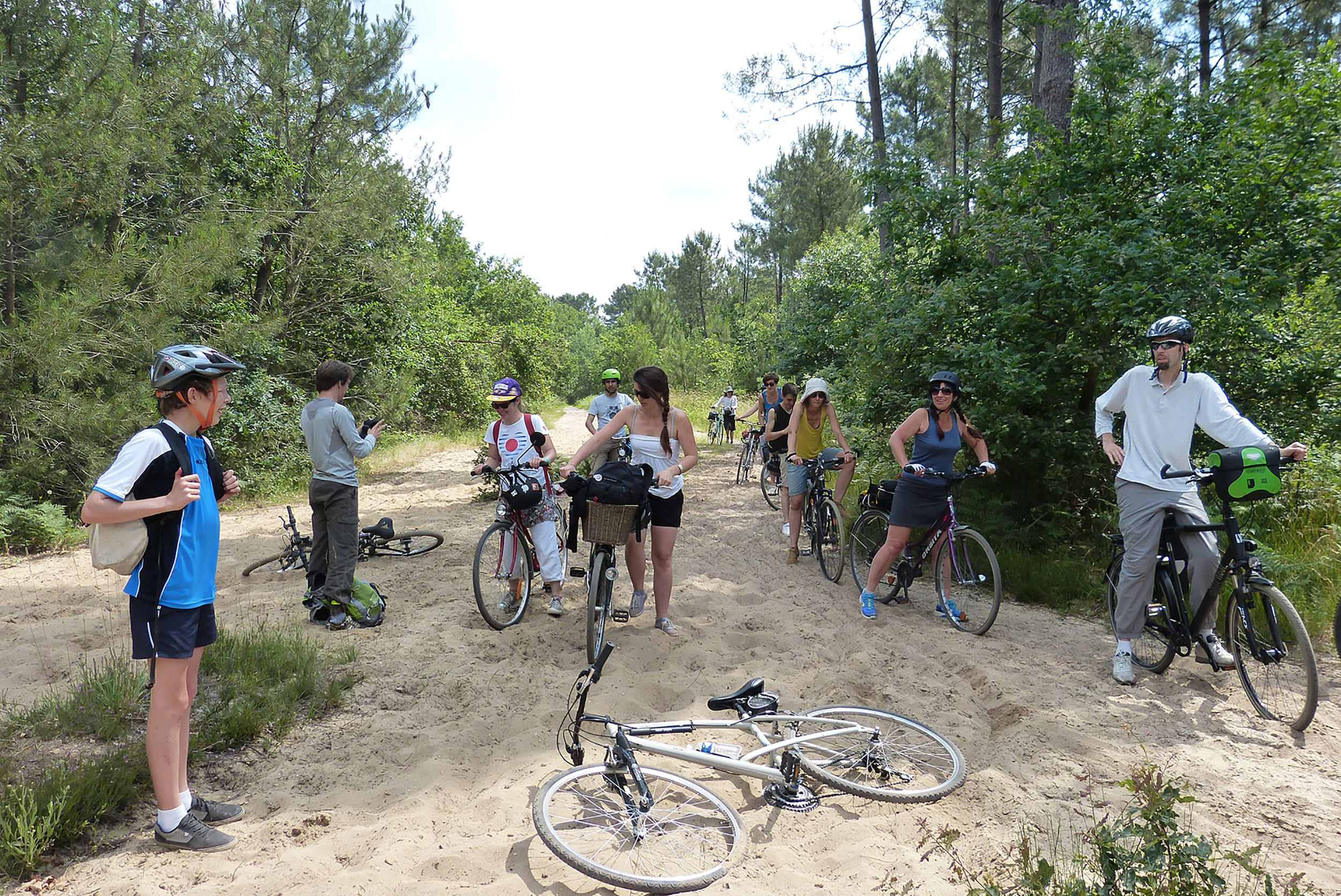
Walk around the Shelters #3
Around the CUB, left bank
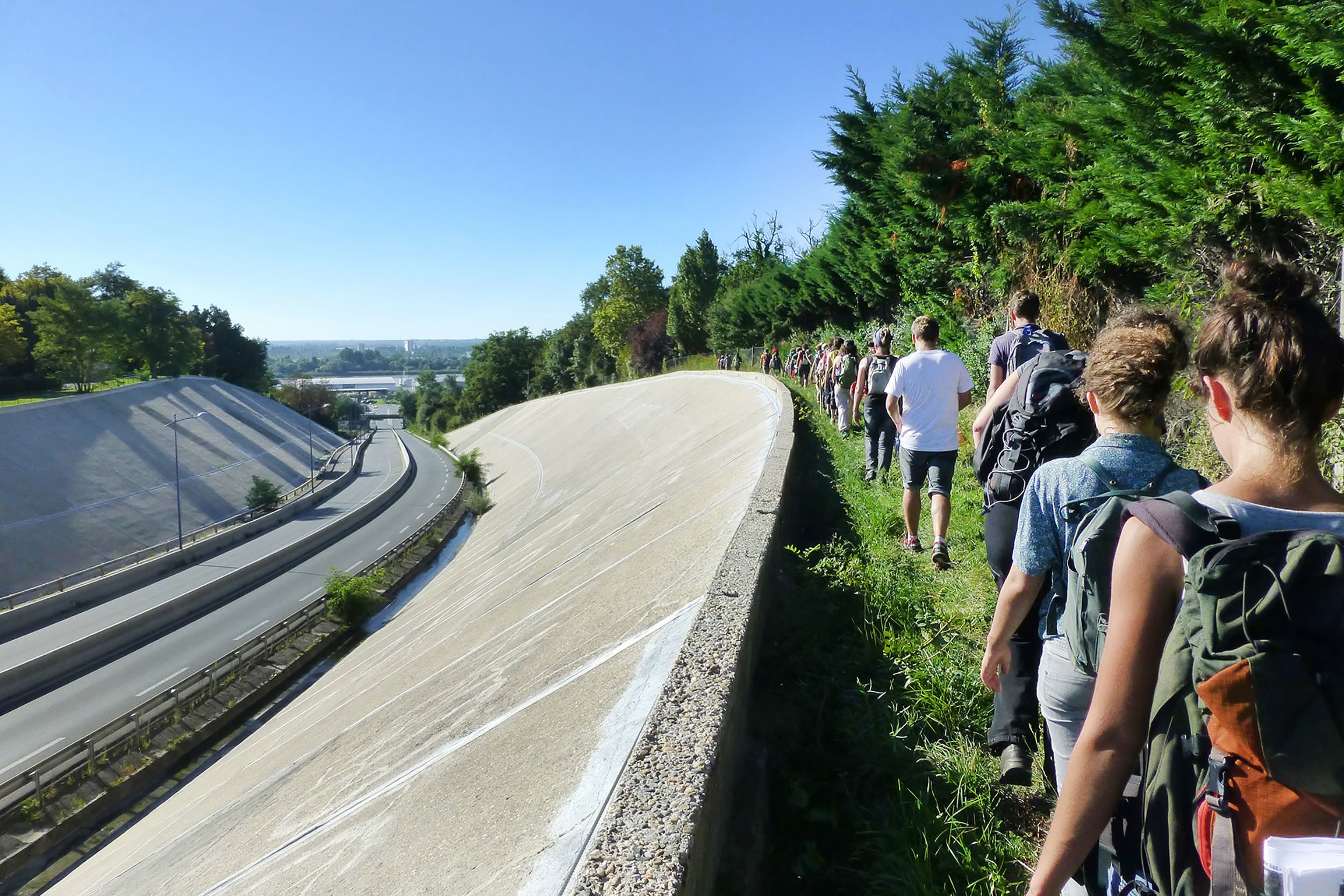
Walk around the Shelters #2
Ambes > Lormont
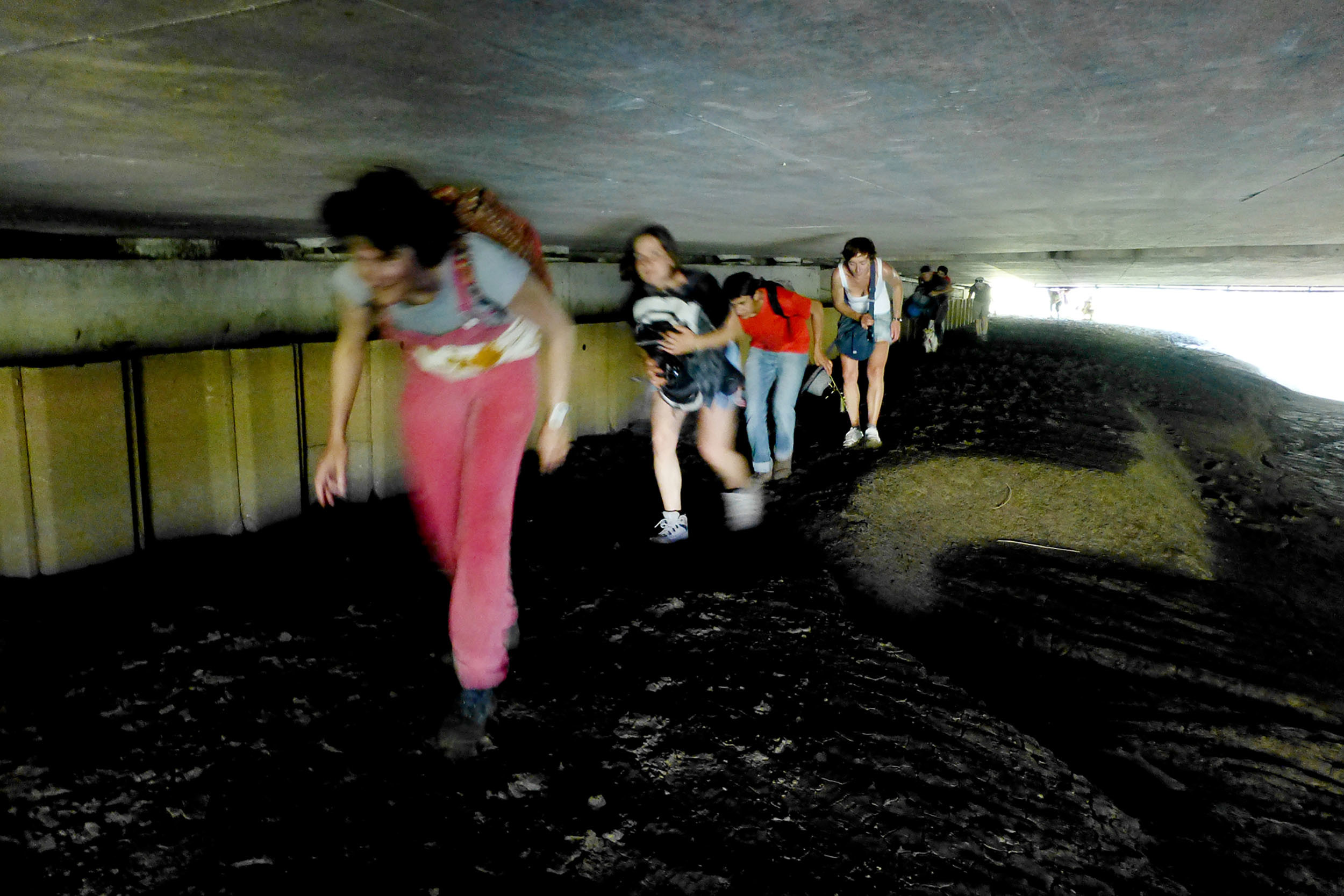
Walk around the Shelters #1
Gradignan > Bègles
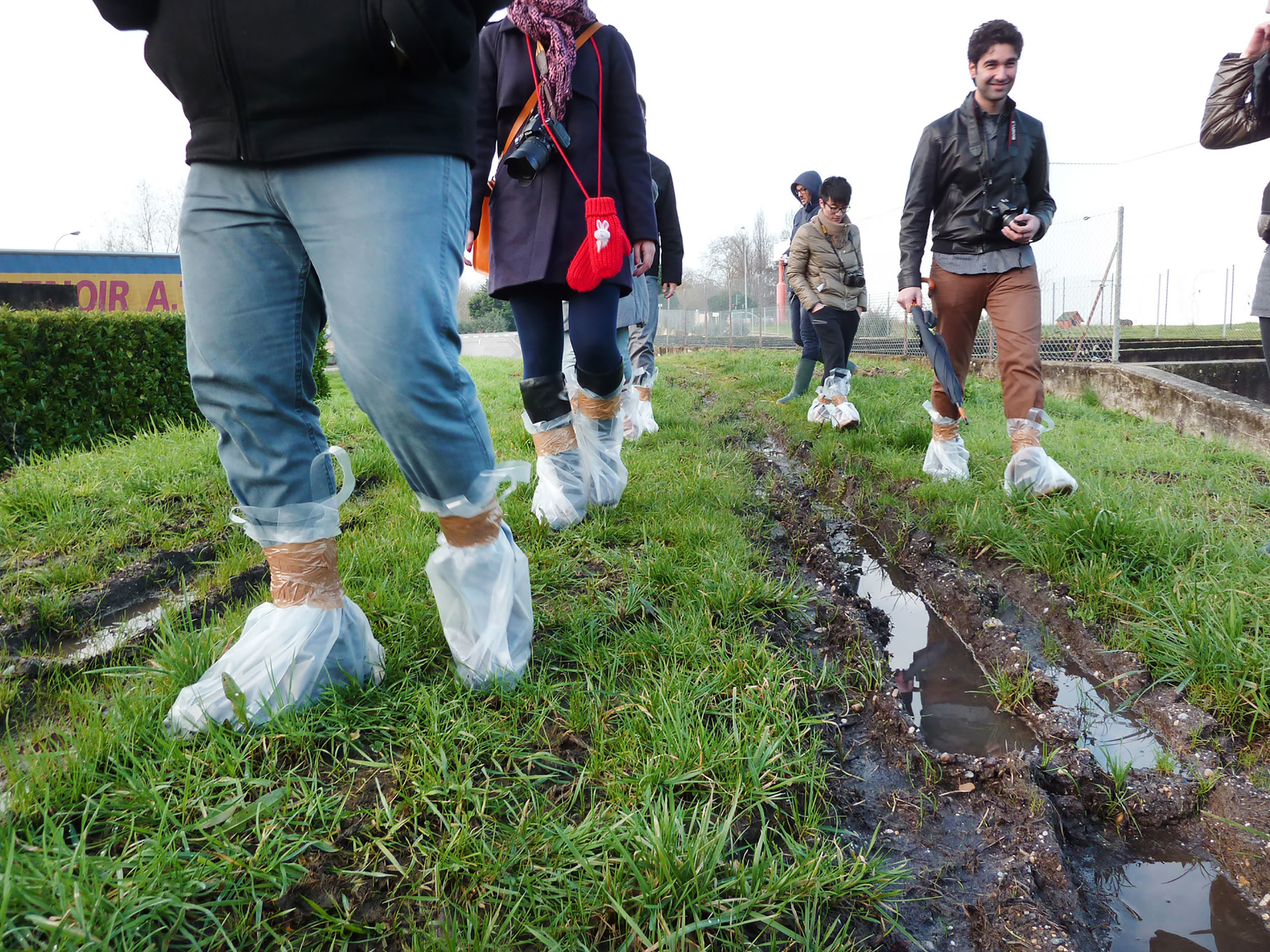
Rocade walk
Bègles

Guest Garden
Royan
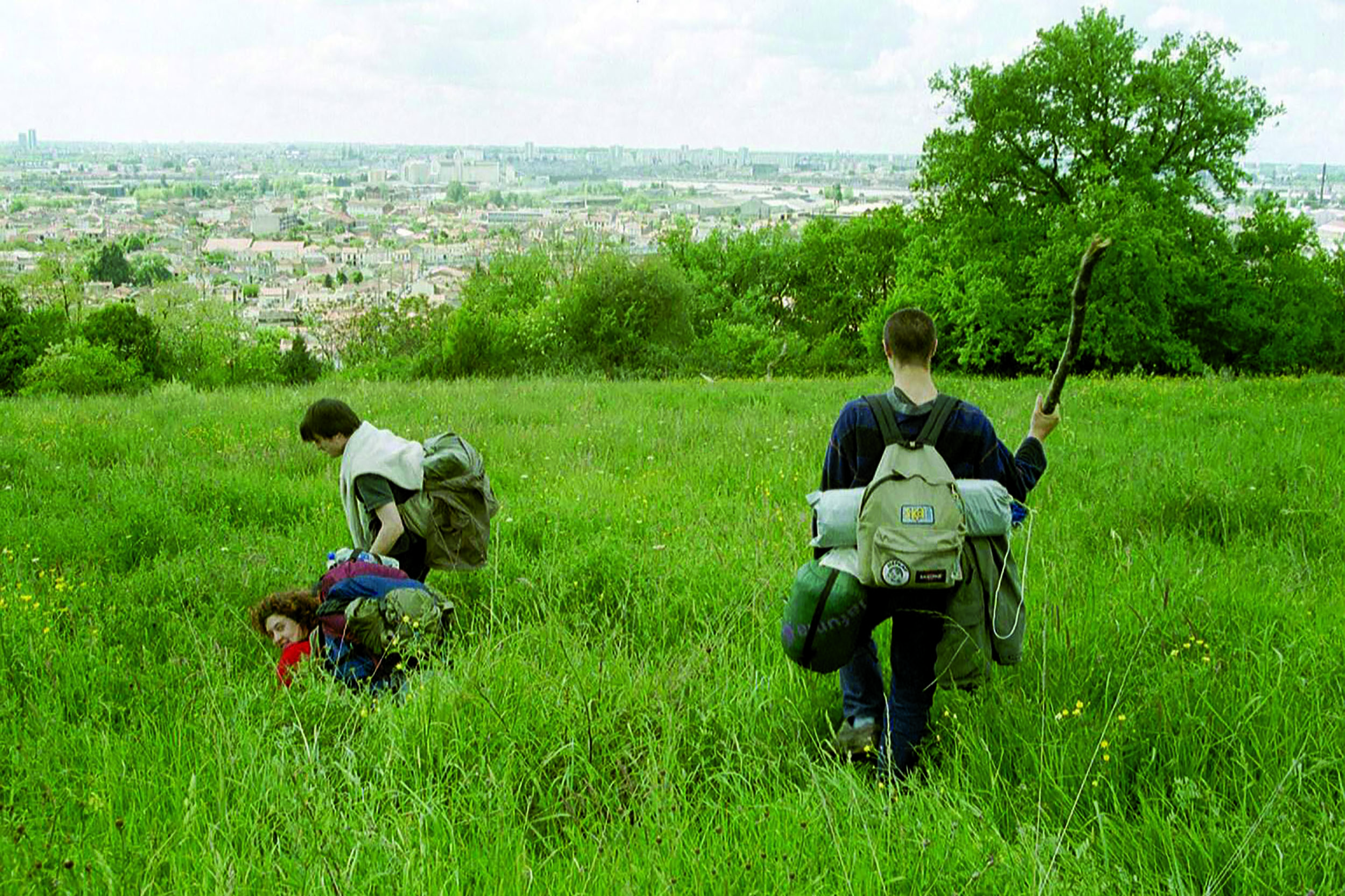
The crossing of the hillsides of Bordeaux
Floirac > Bassens
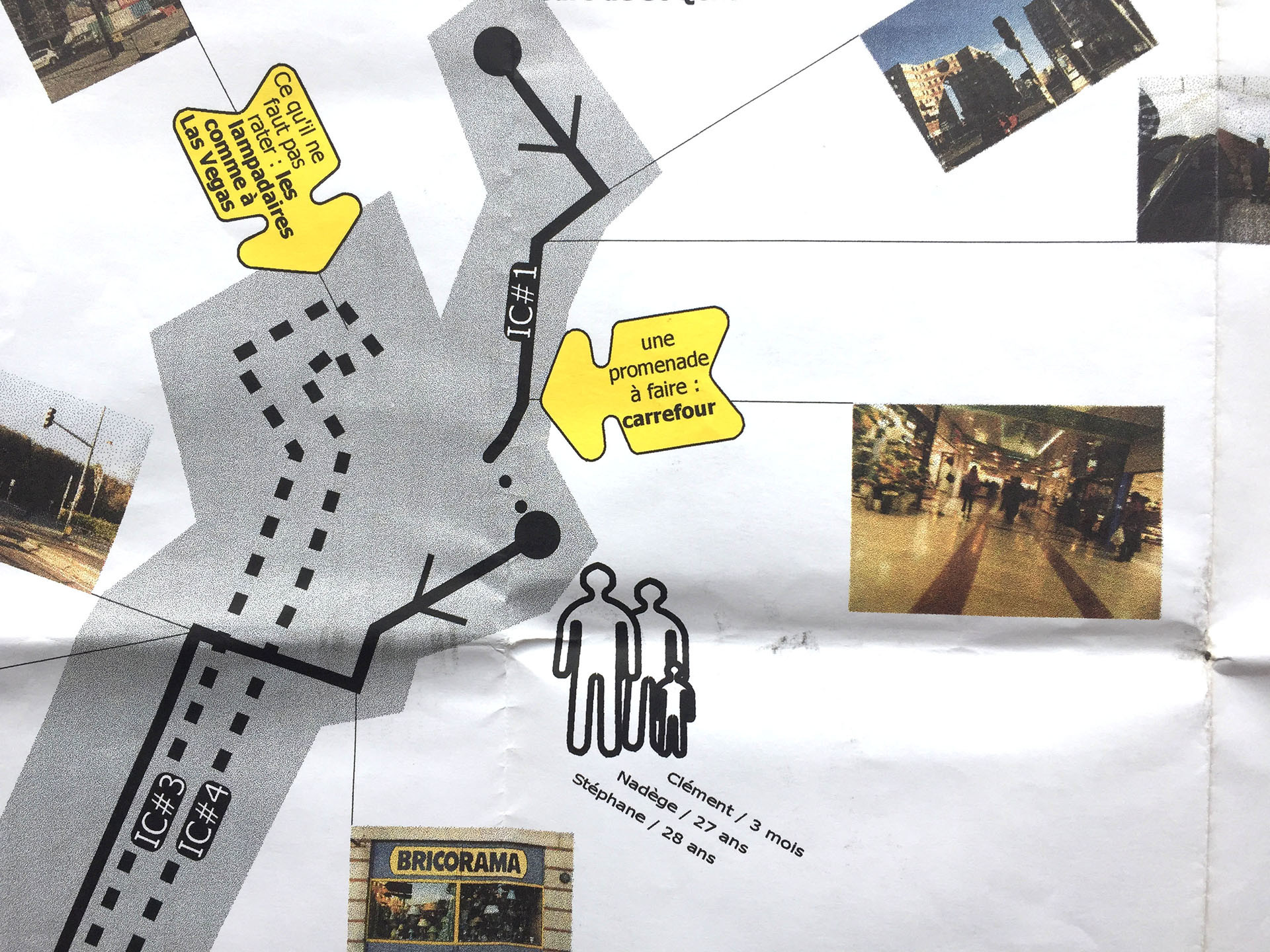
Suggested itineraries
Saint-Quentin-en-Yvelines
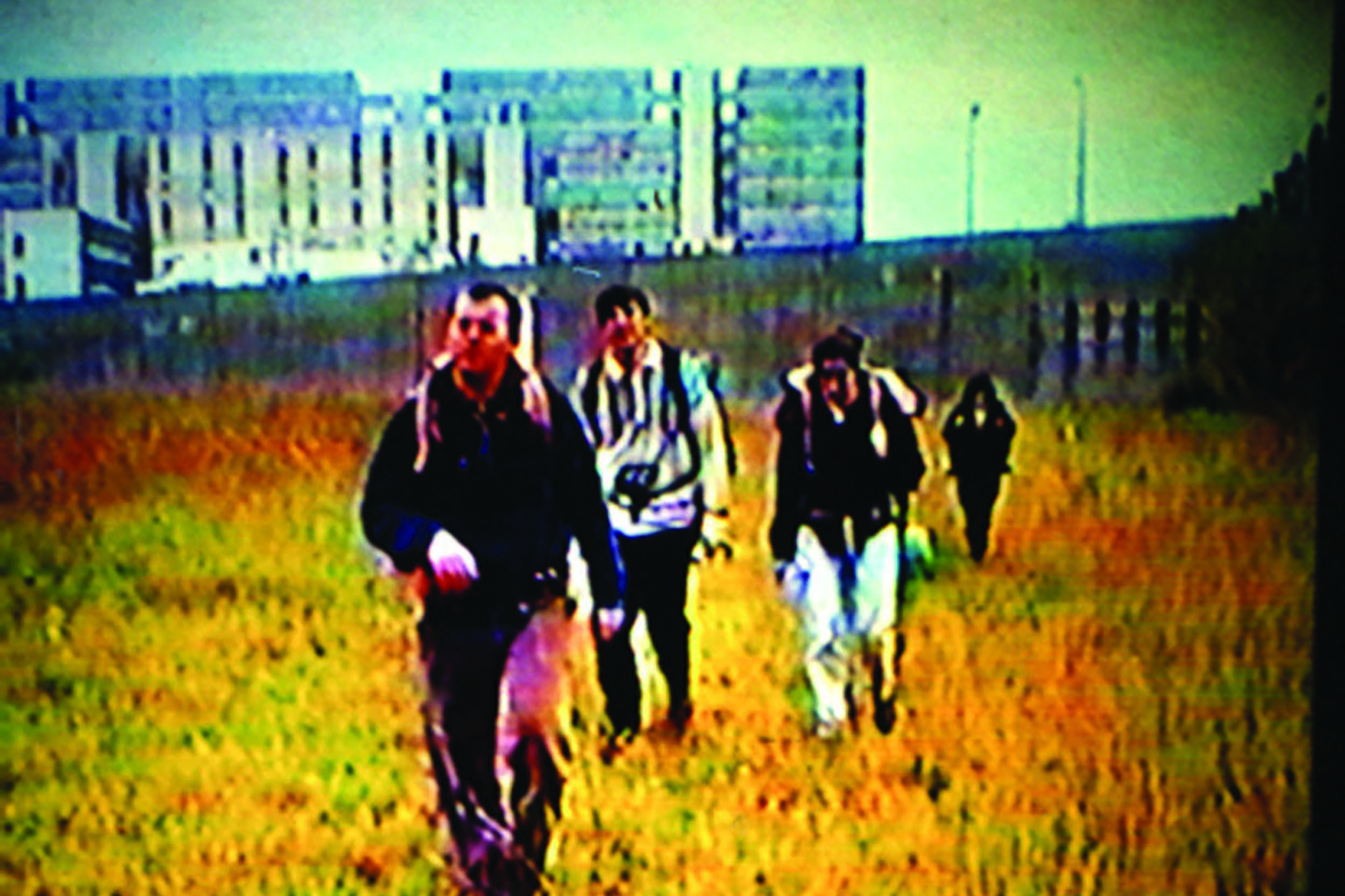
The Tour of Bordeaux
Bordeaux periphery, left bank

Zone Sweet Zone
Bordeaux outskirts
Last
projects
> all projectsAt the crossroads of art, territories and populations, our approach aims to promote the transition to sustainable, shared and welcoming cities, by proposing alternative ways of imagining and building our living environment and by exploring new forms of public space.
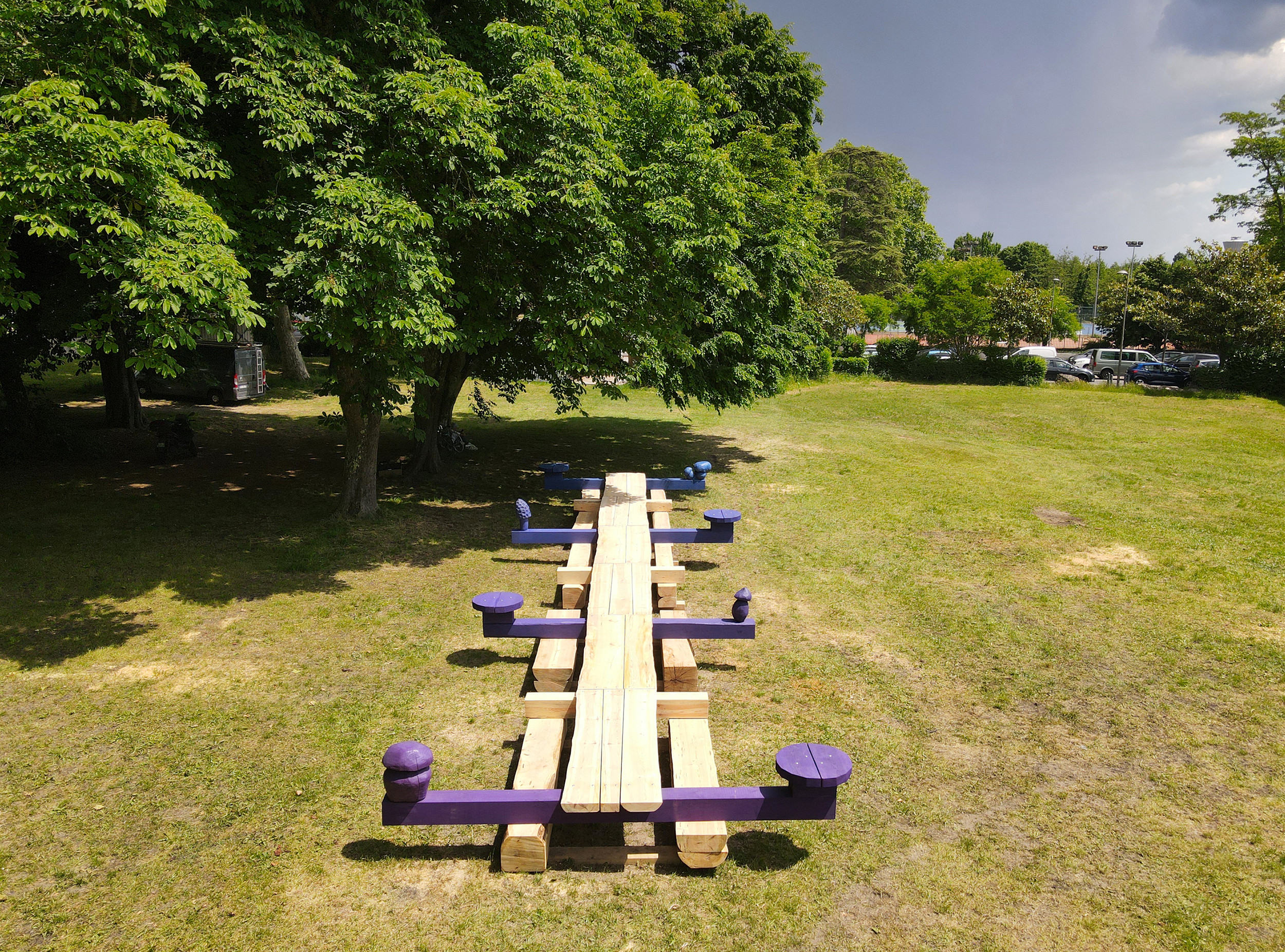
The Champicnic table
Pessac
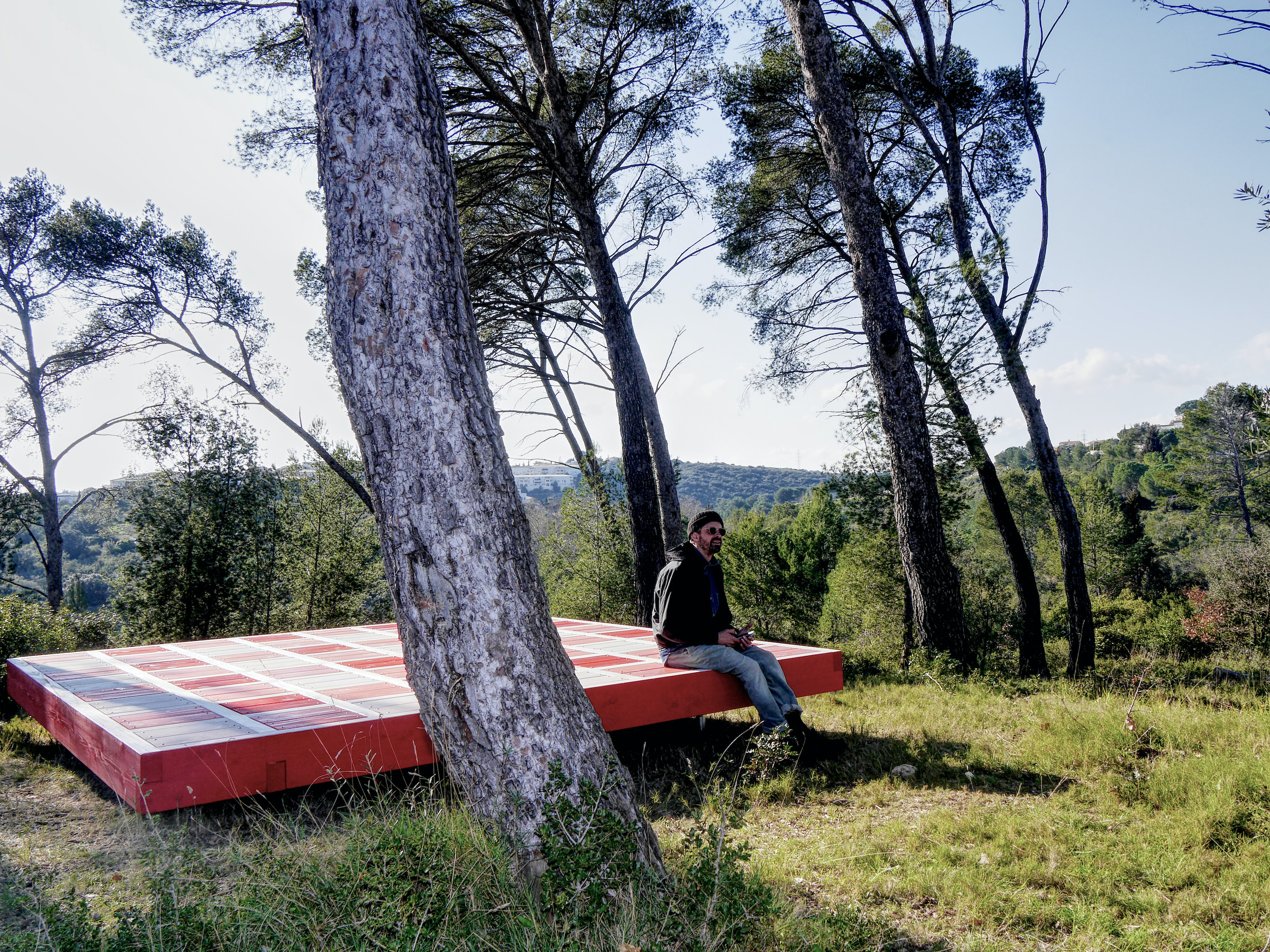
The Secret Balconies # 3 – The Pinède balcony
Montpellier

Common lands trail
Exhibition Nouvelles Saisons, arc en rêve centre d'architecture Bordeaux
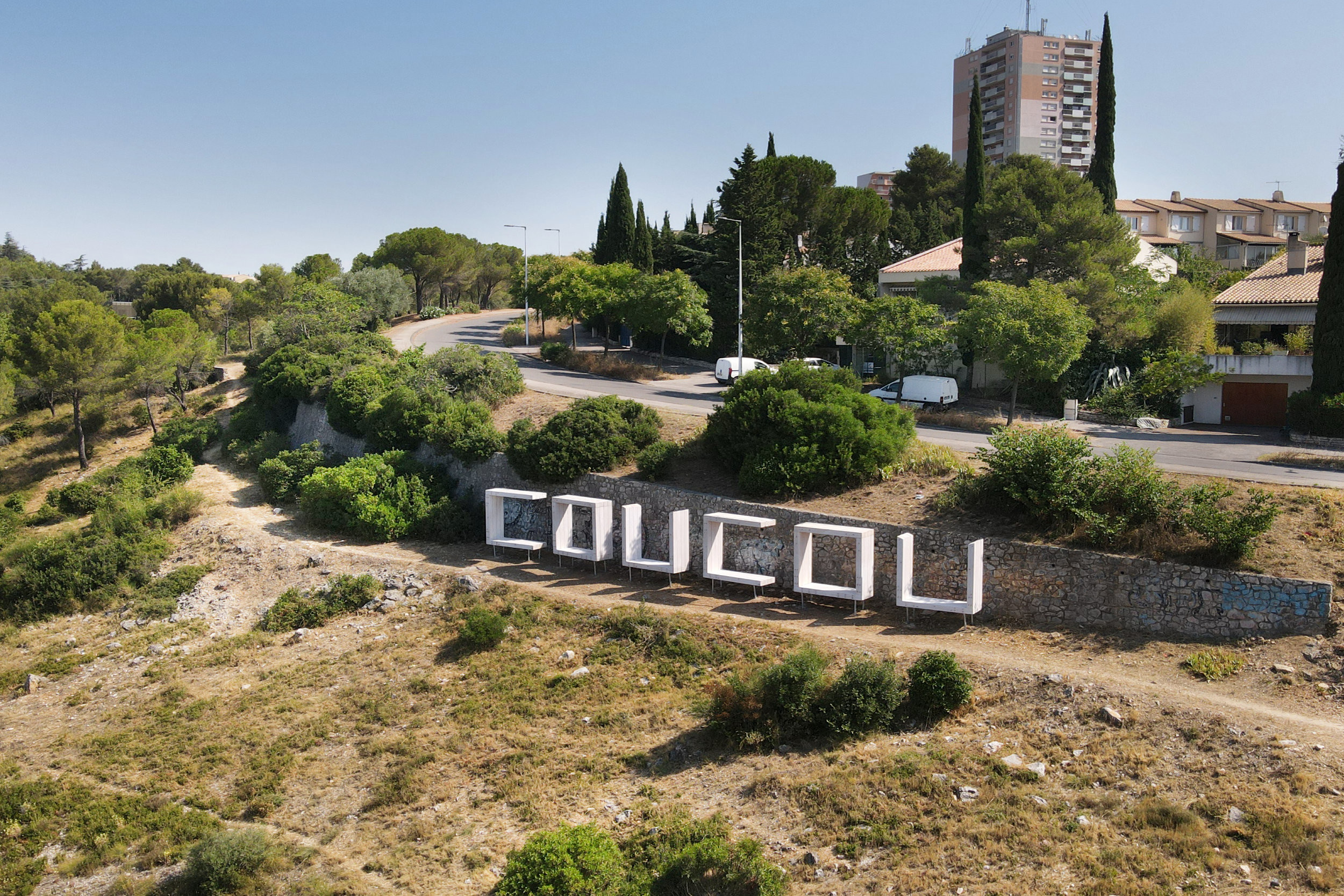
The Secret Balconies # 2 – Balcony des Hauts de Massane
Montpellier

The Secret Balconies # 1 – Balcony Larzac
Montpellier

The Portable Public Spaces
Lyon
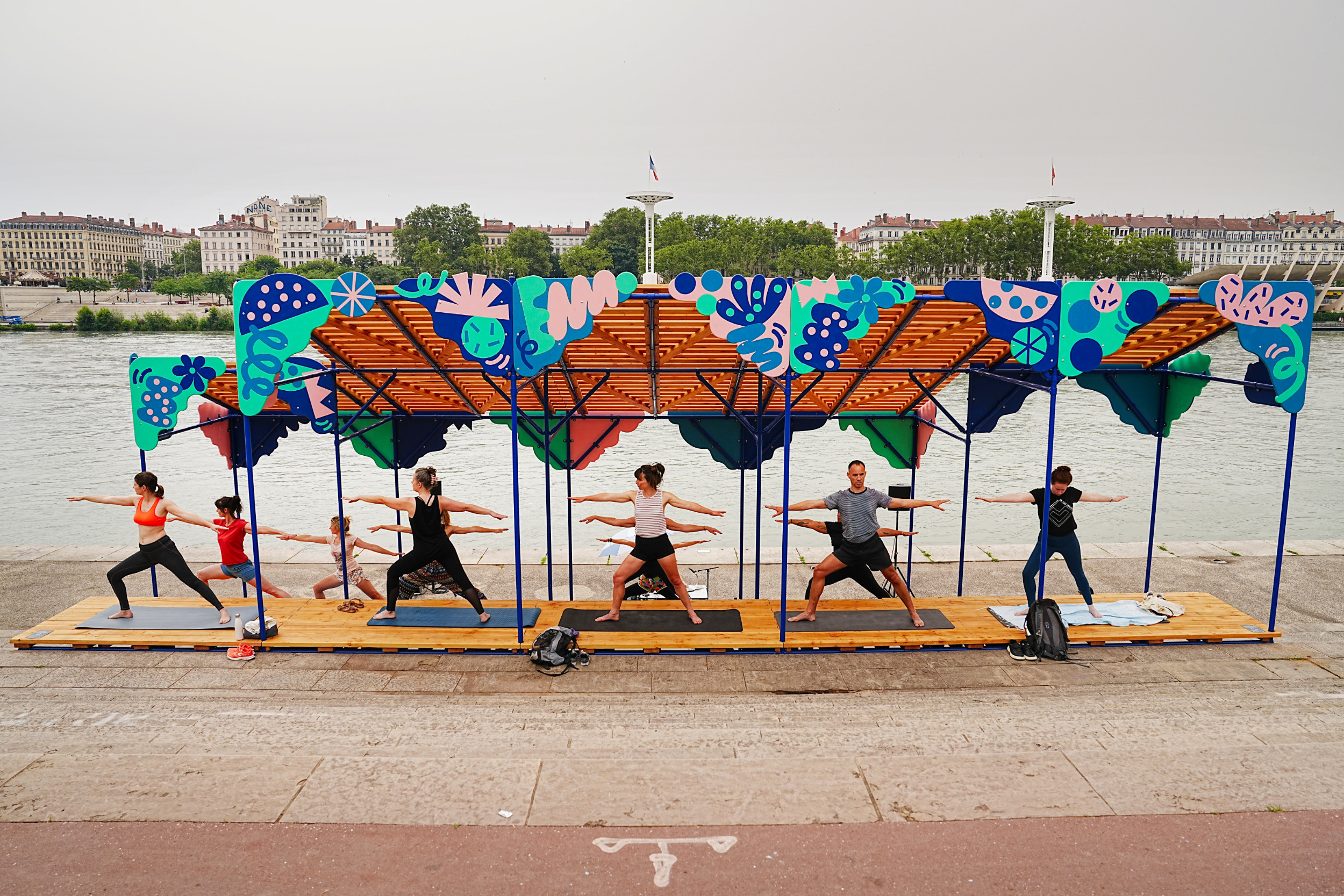
Modular shade canopy
Lyon


